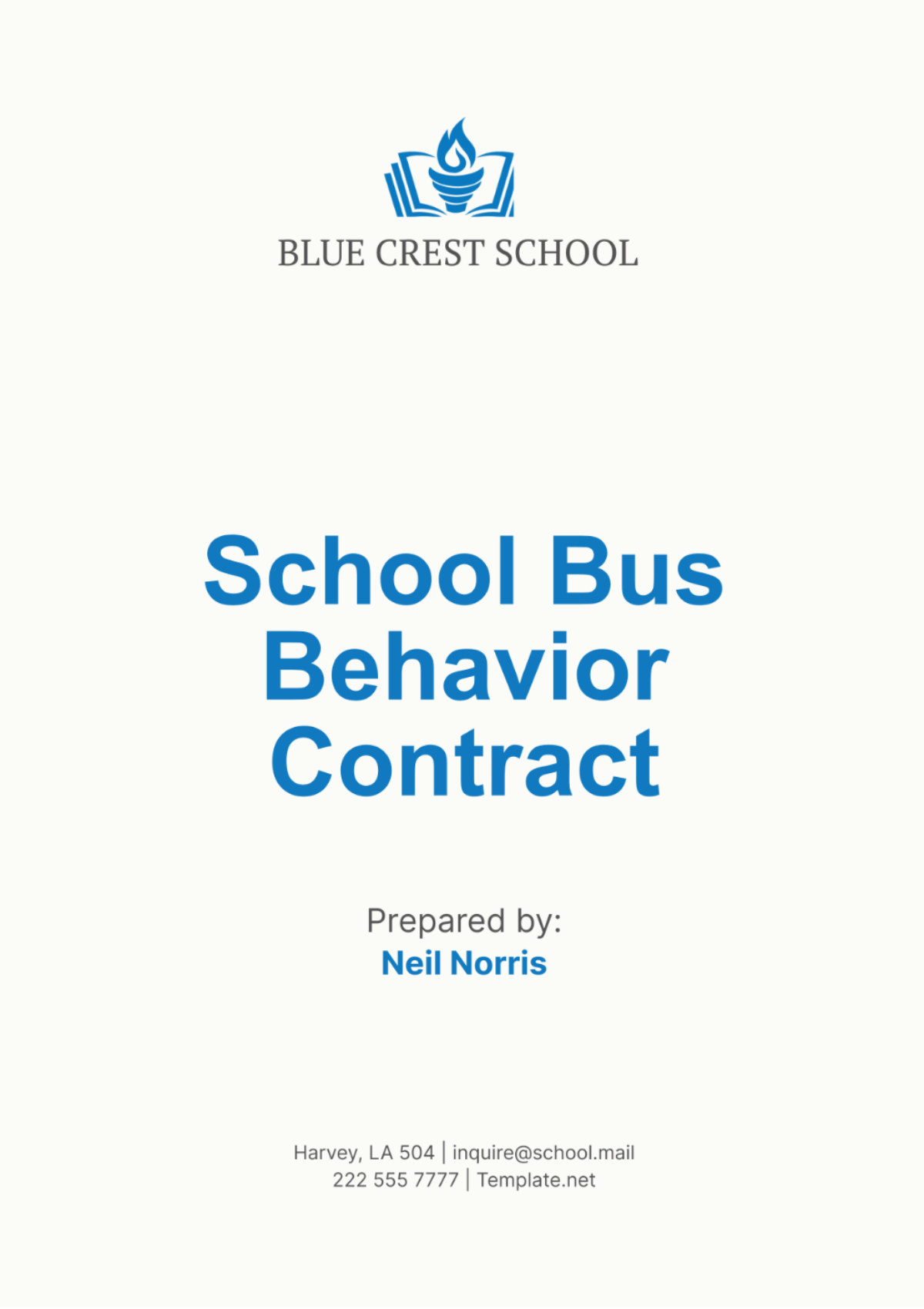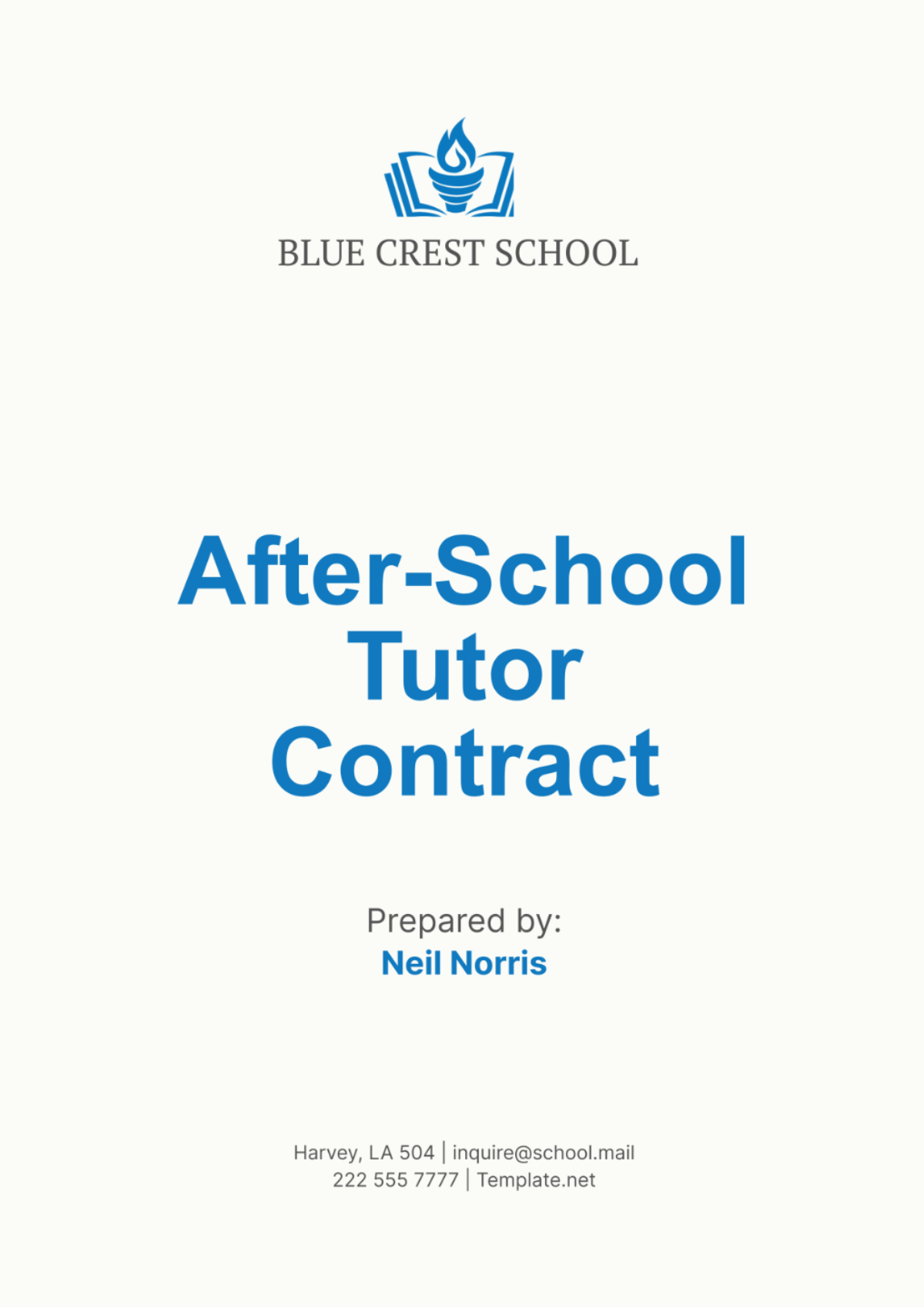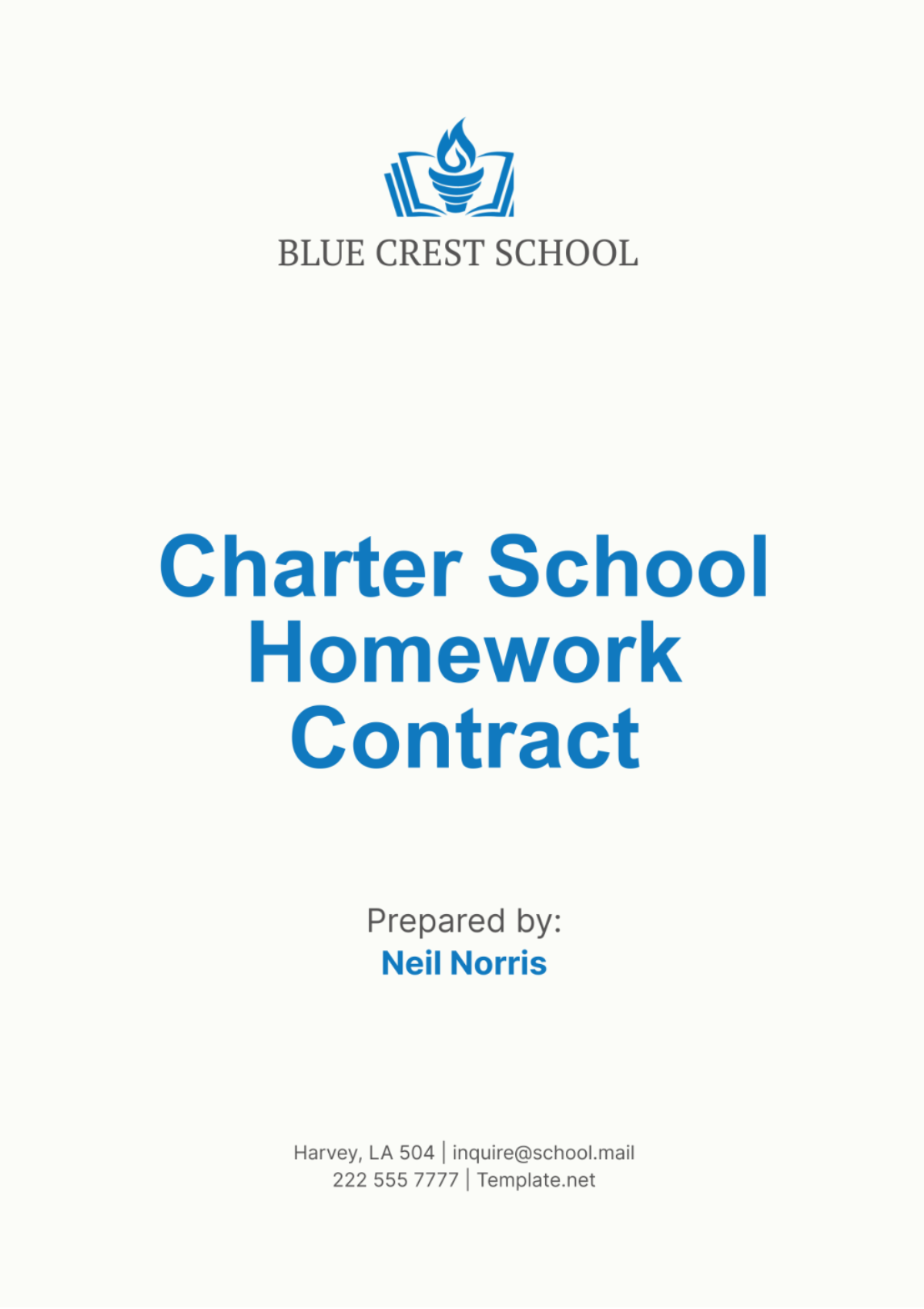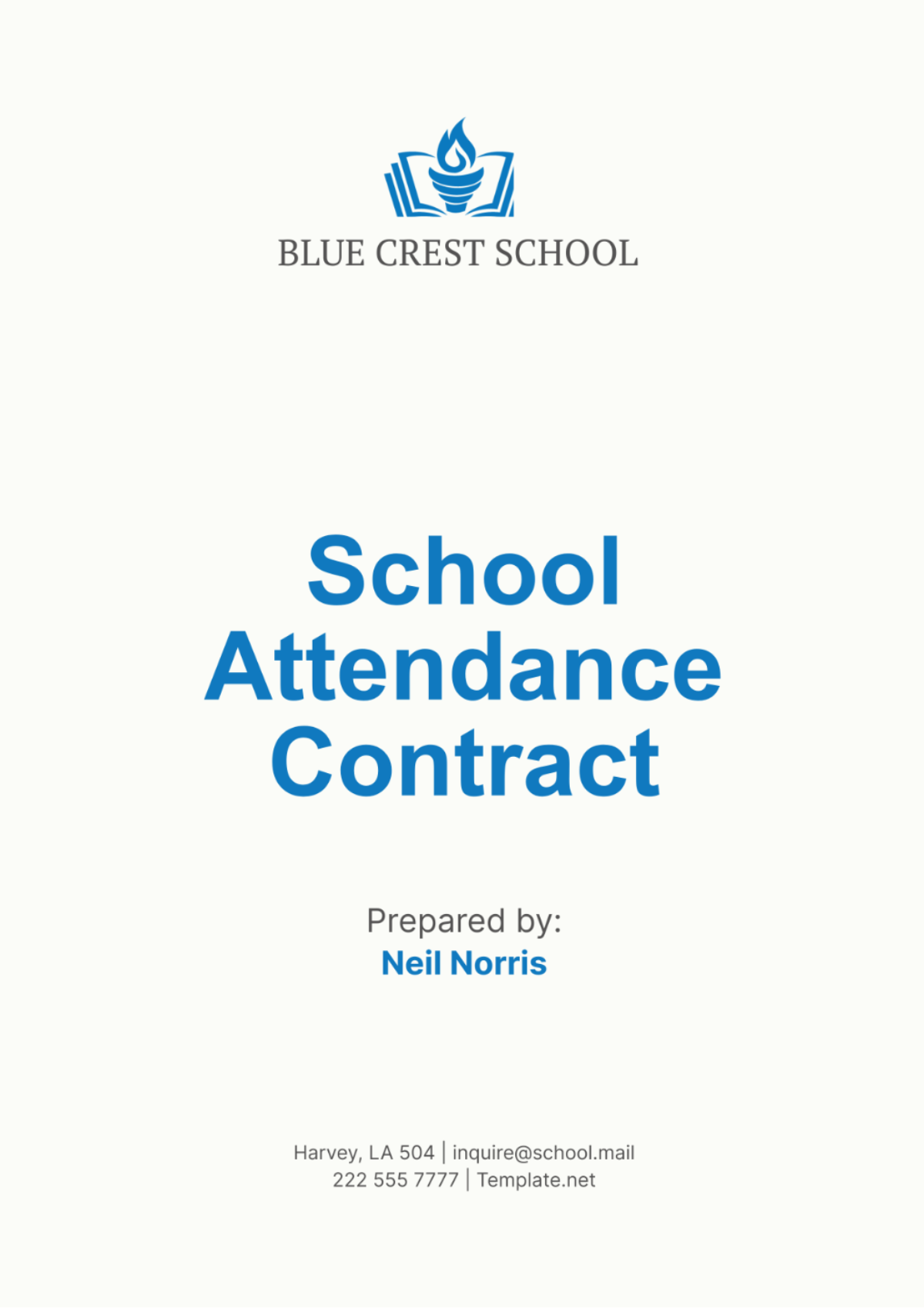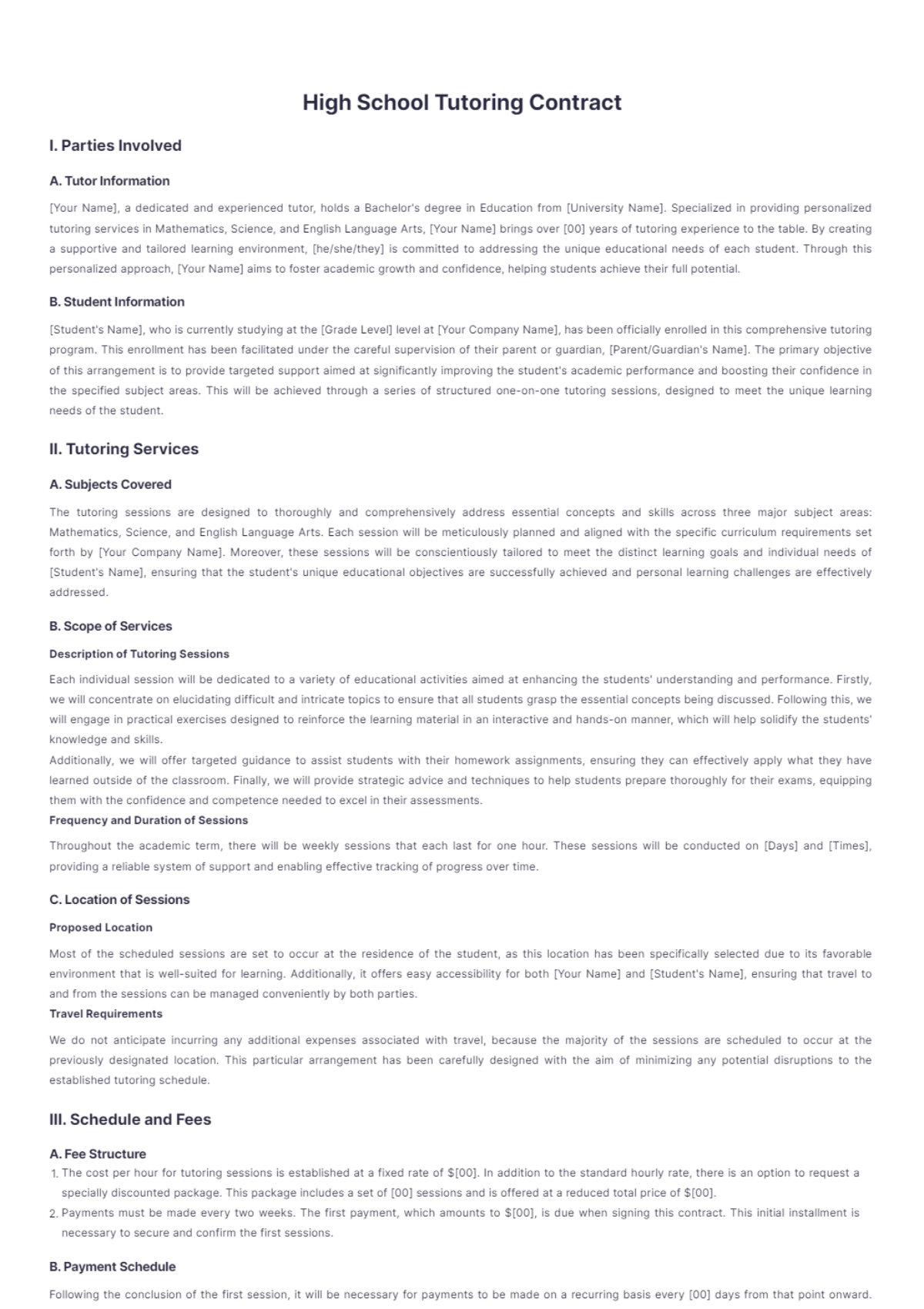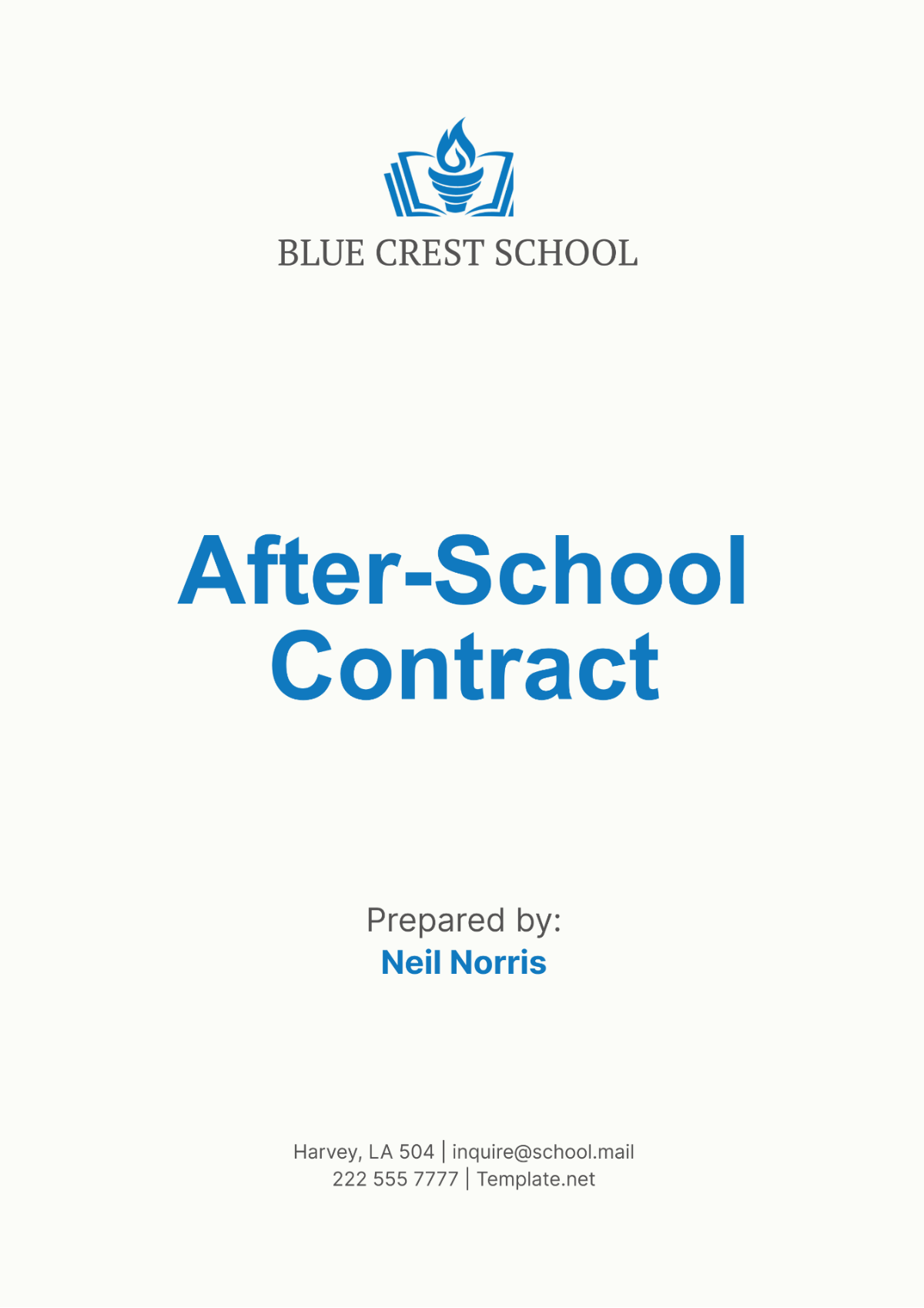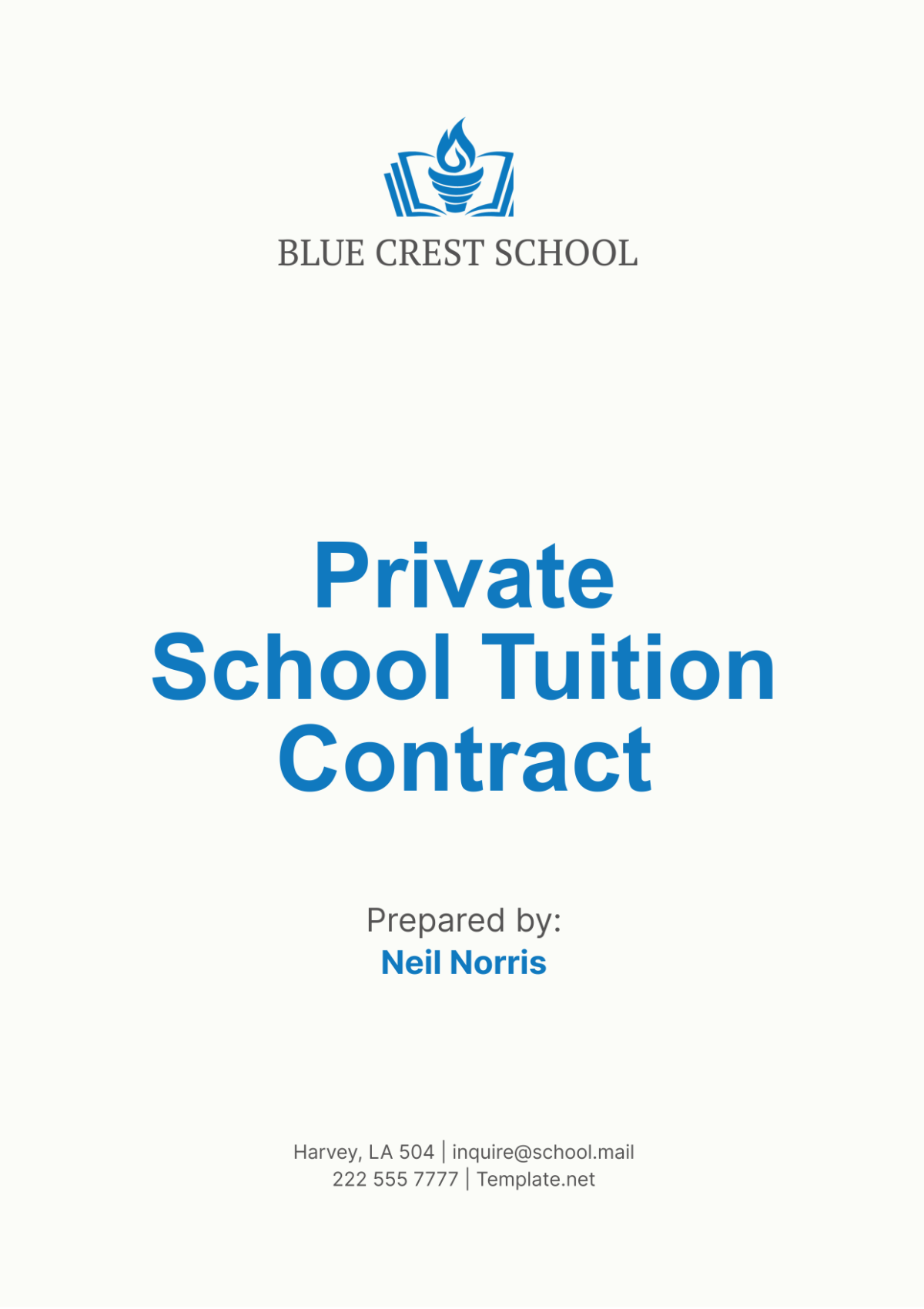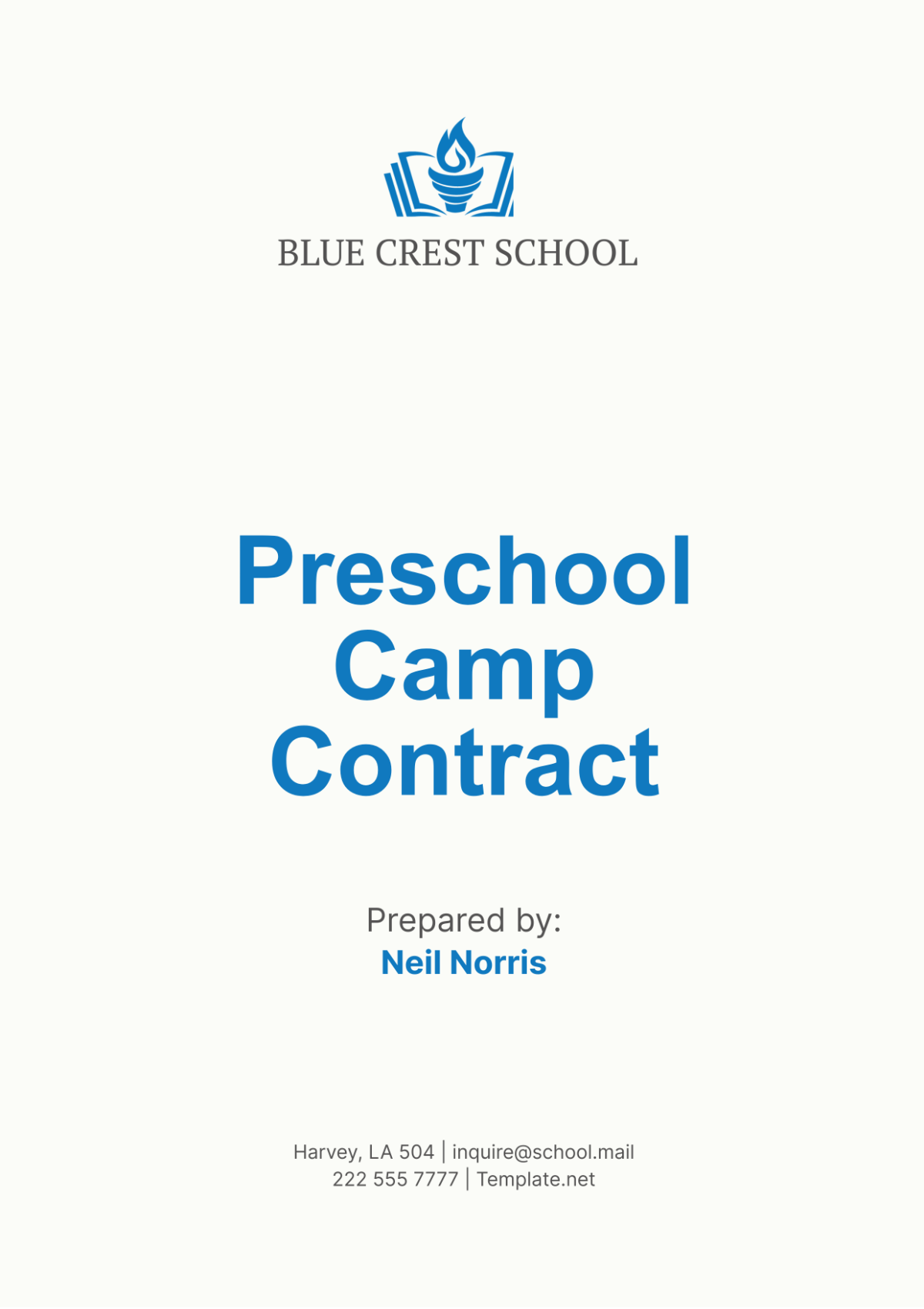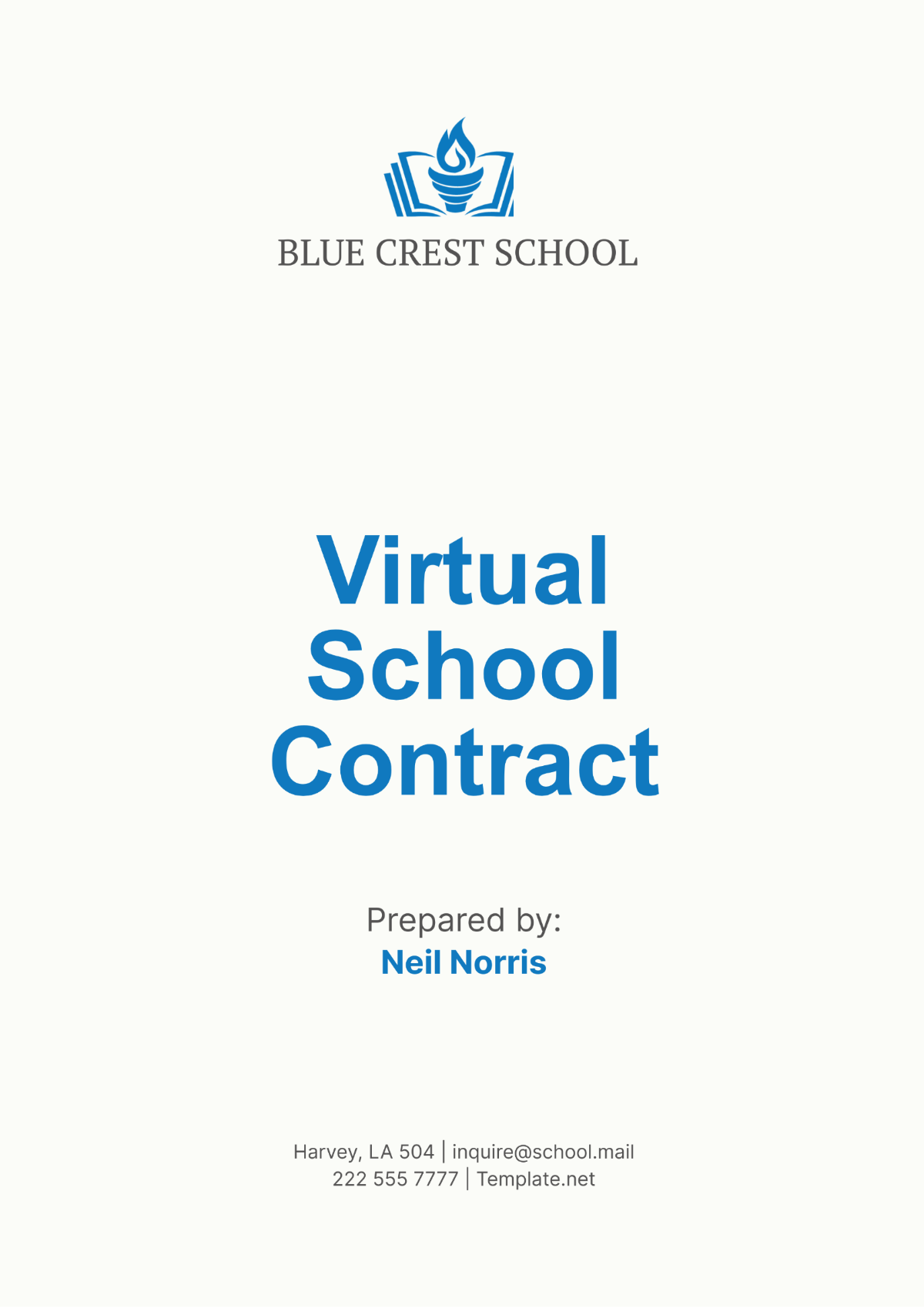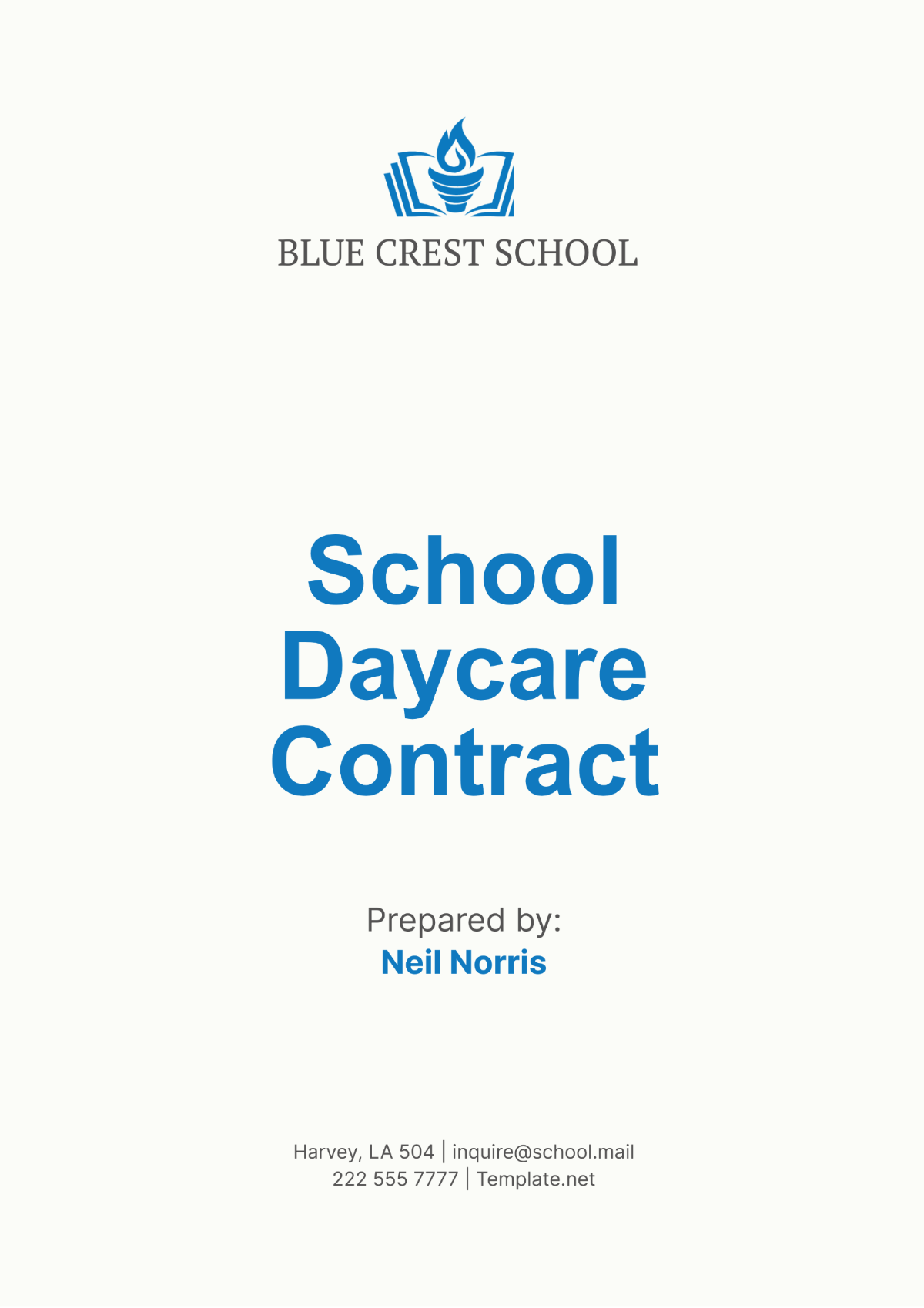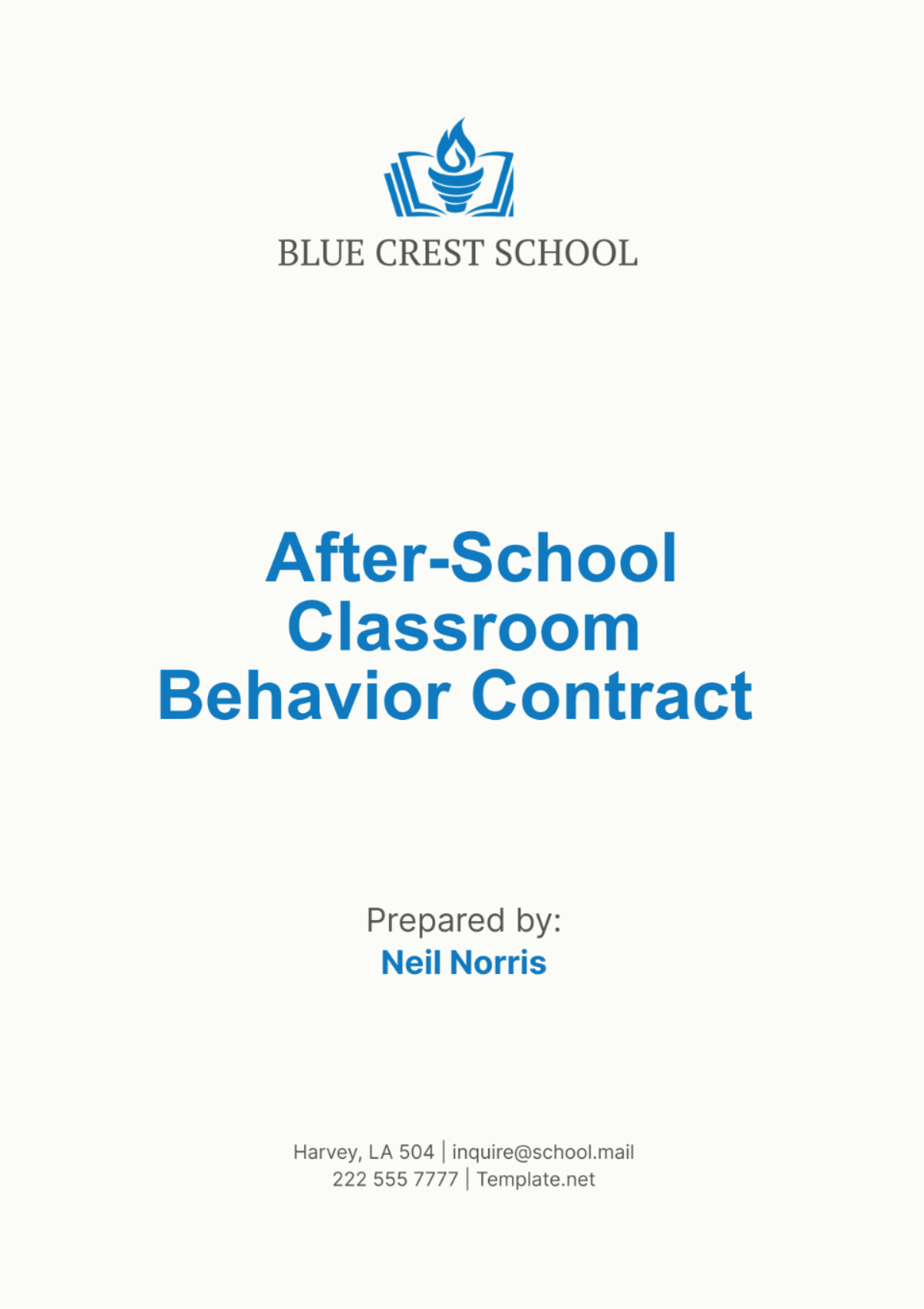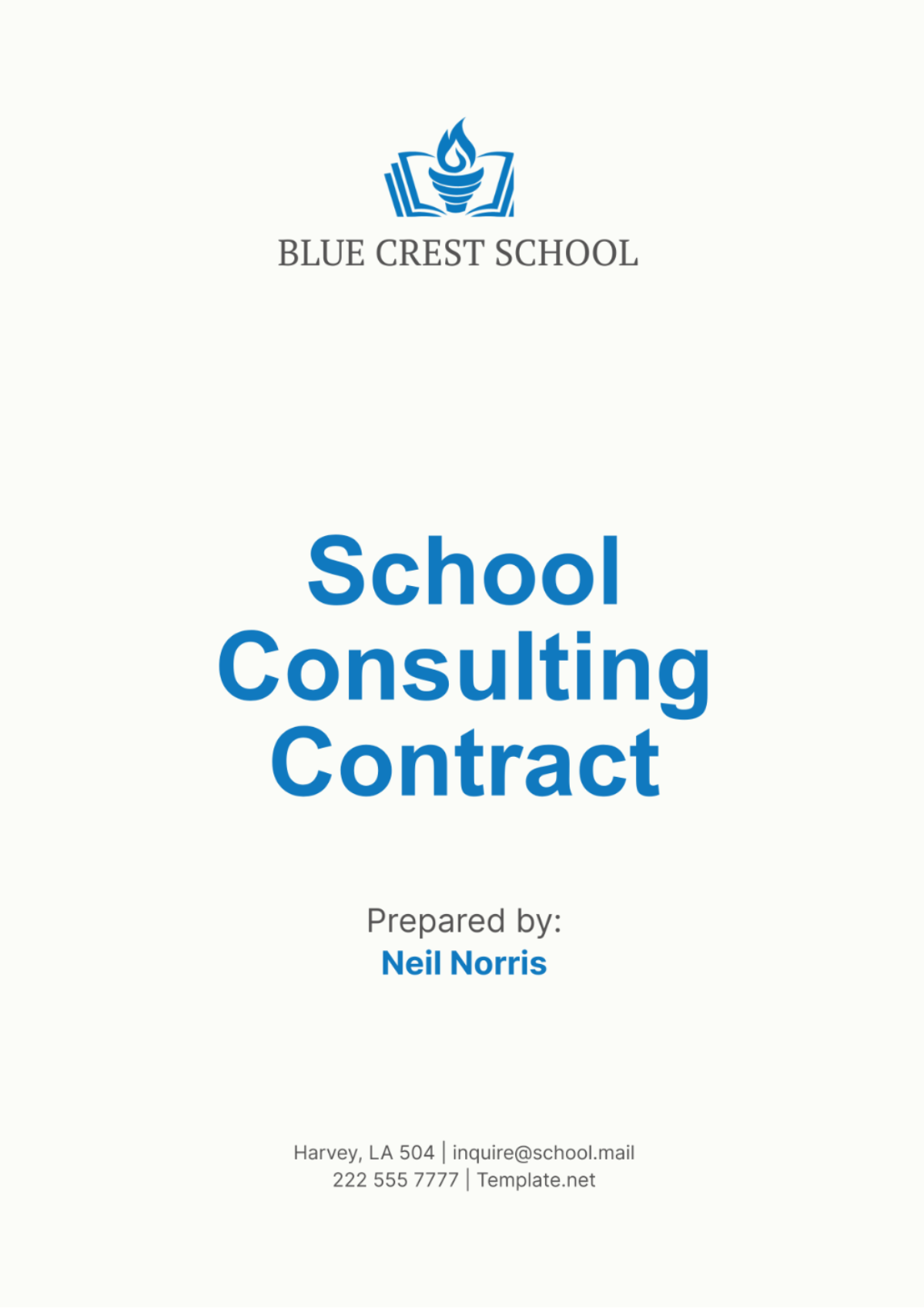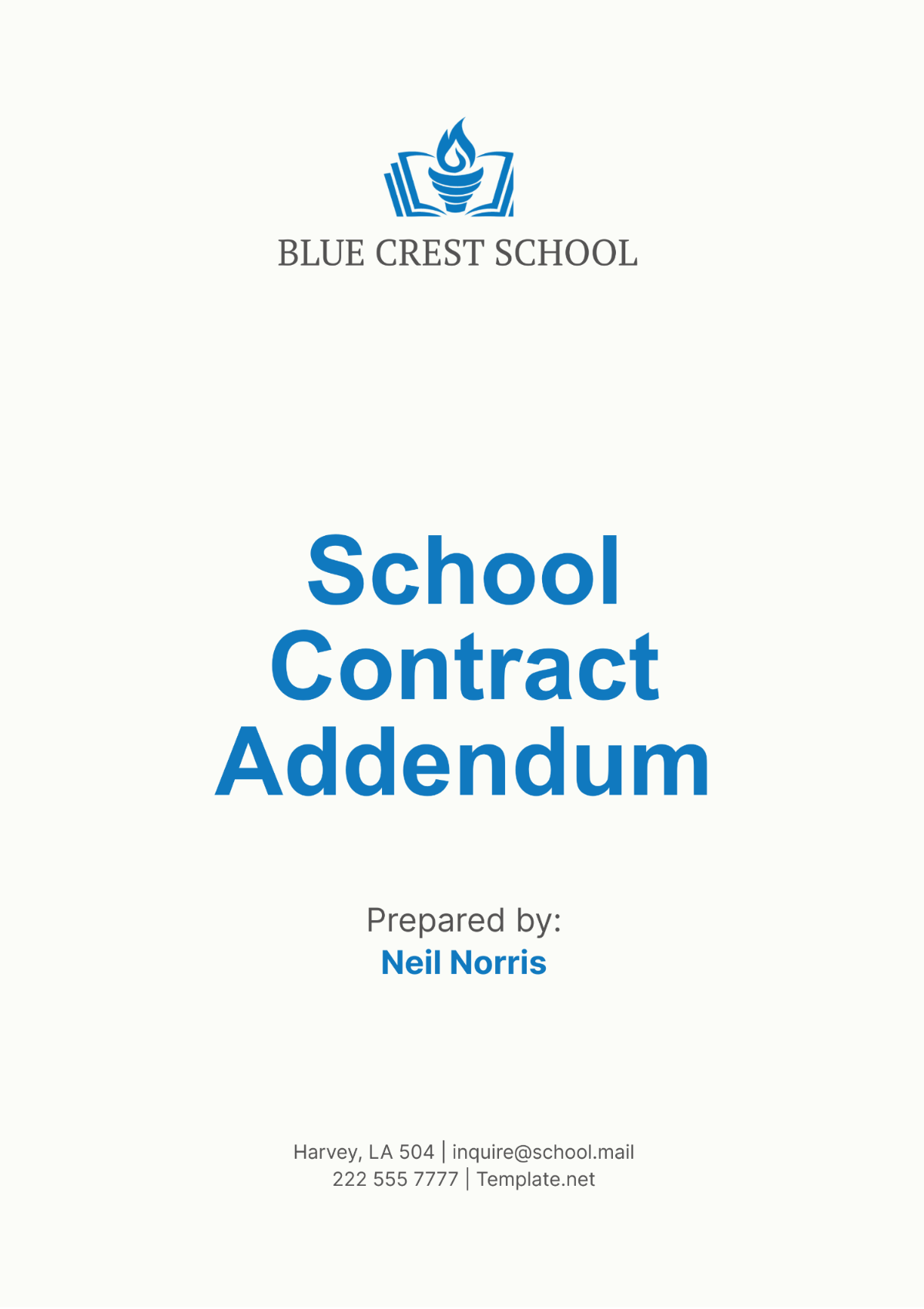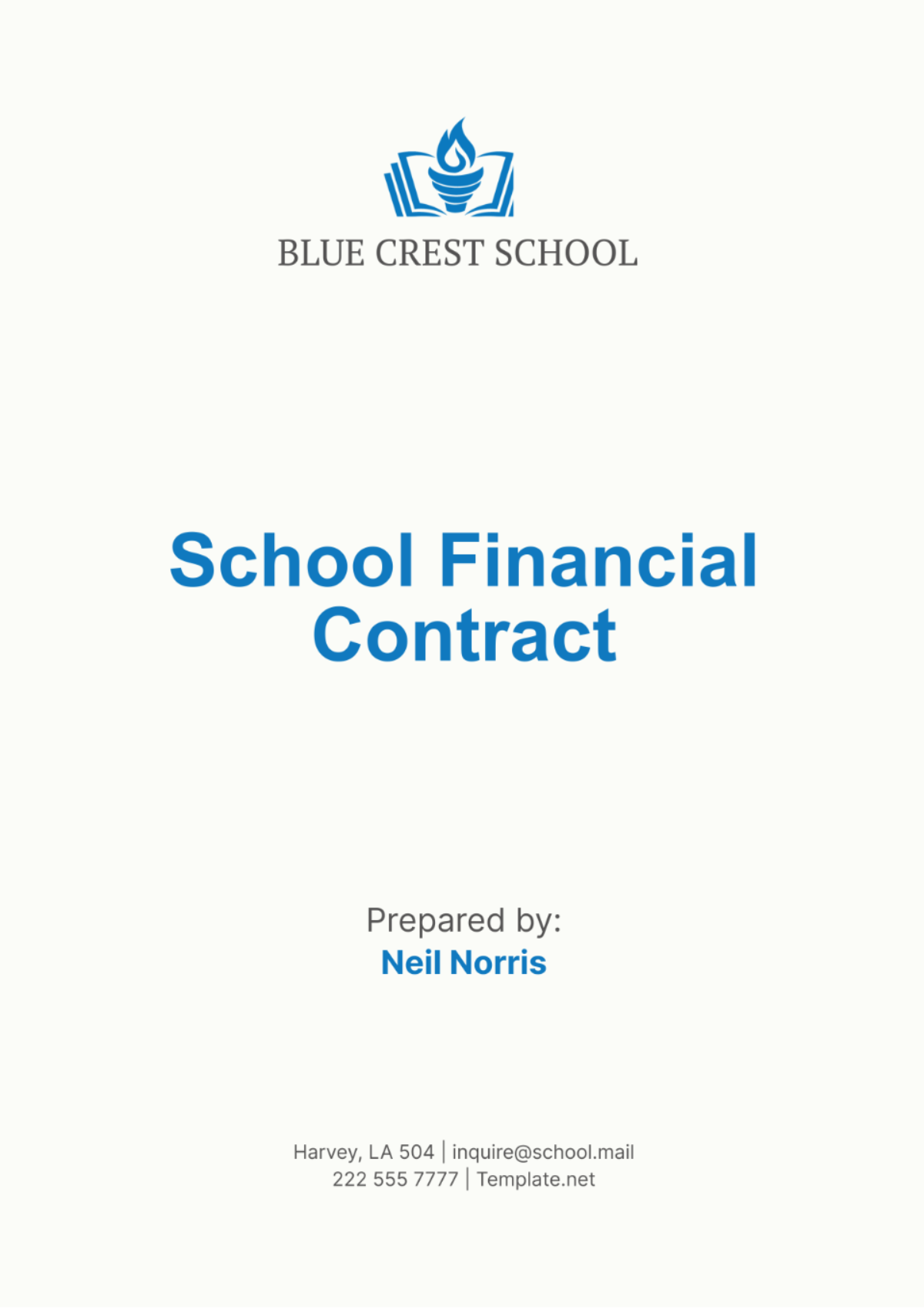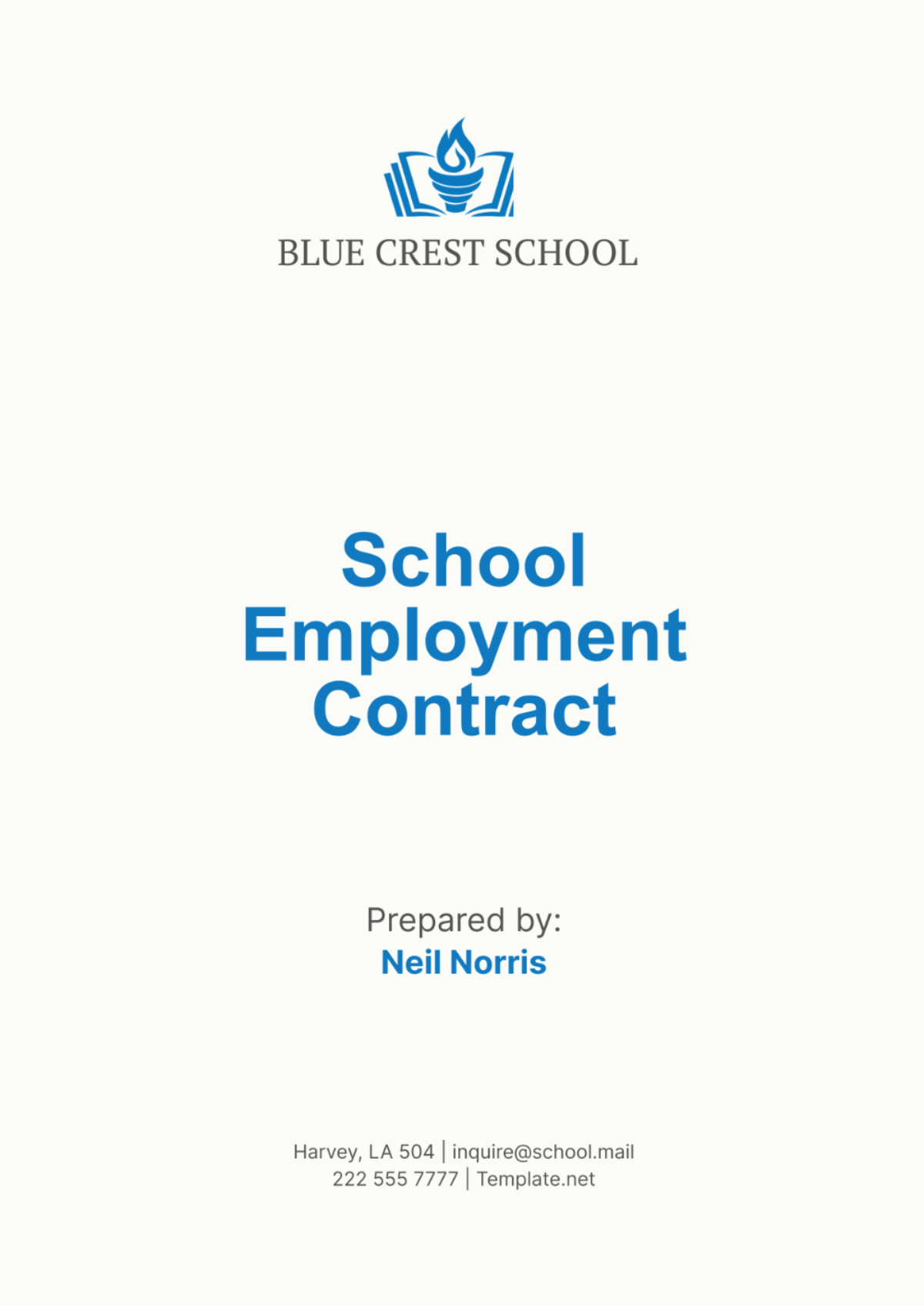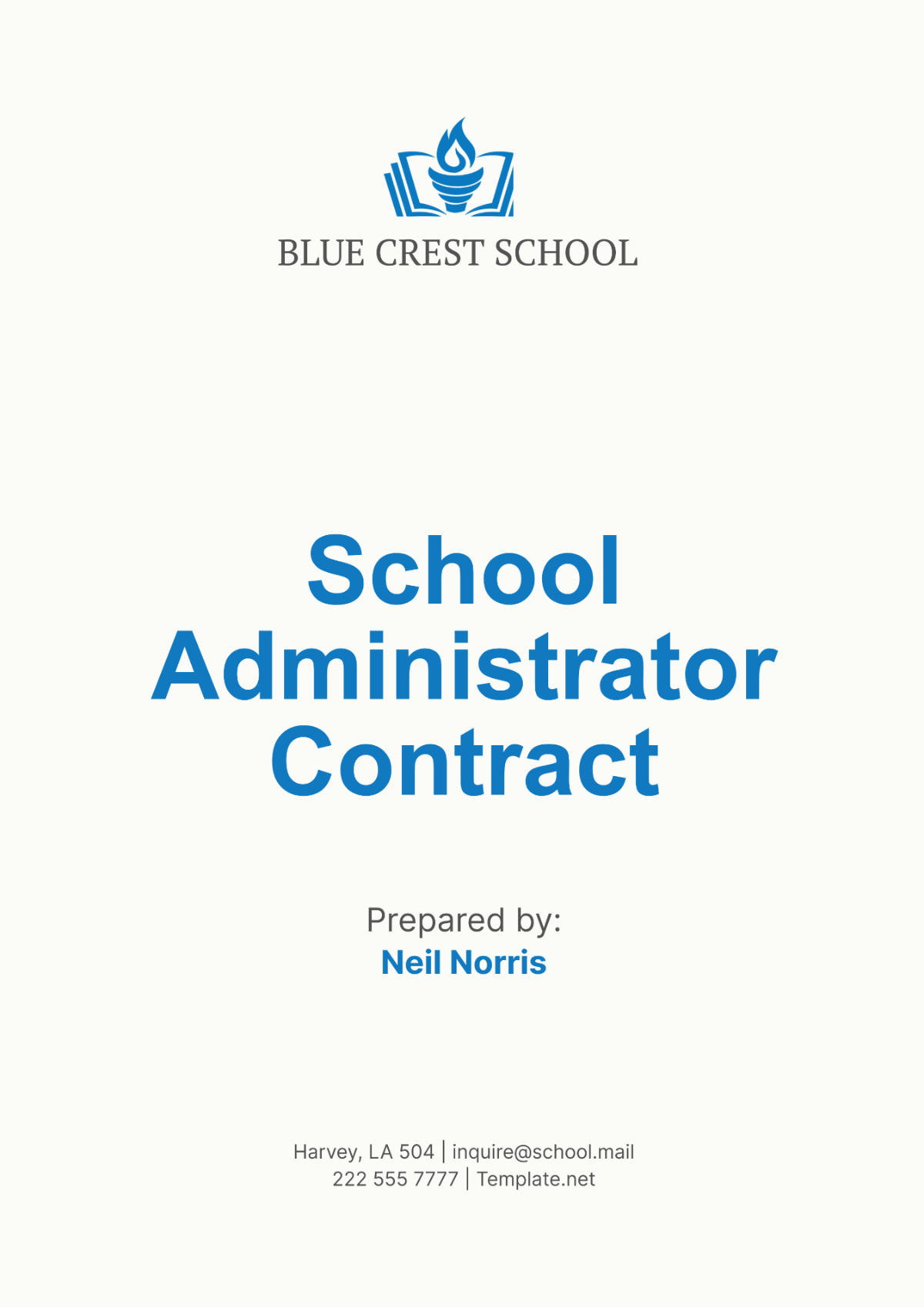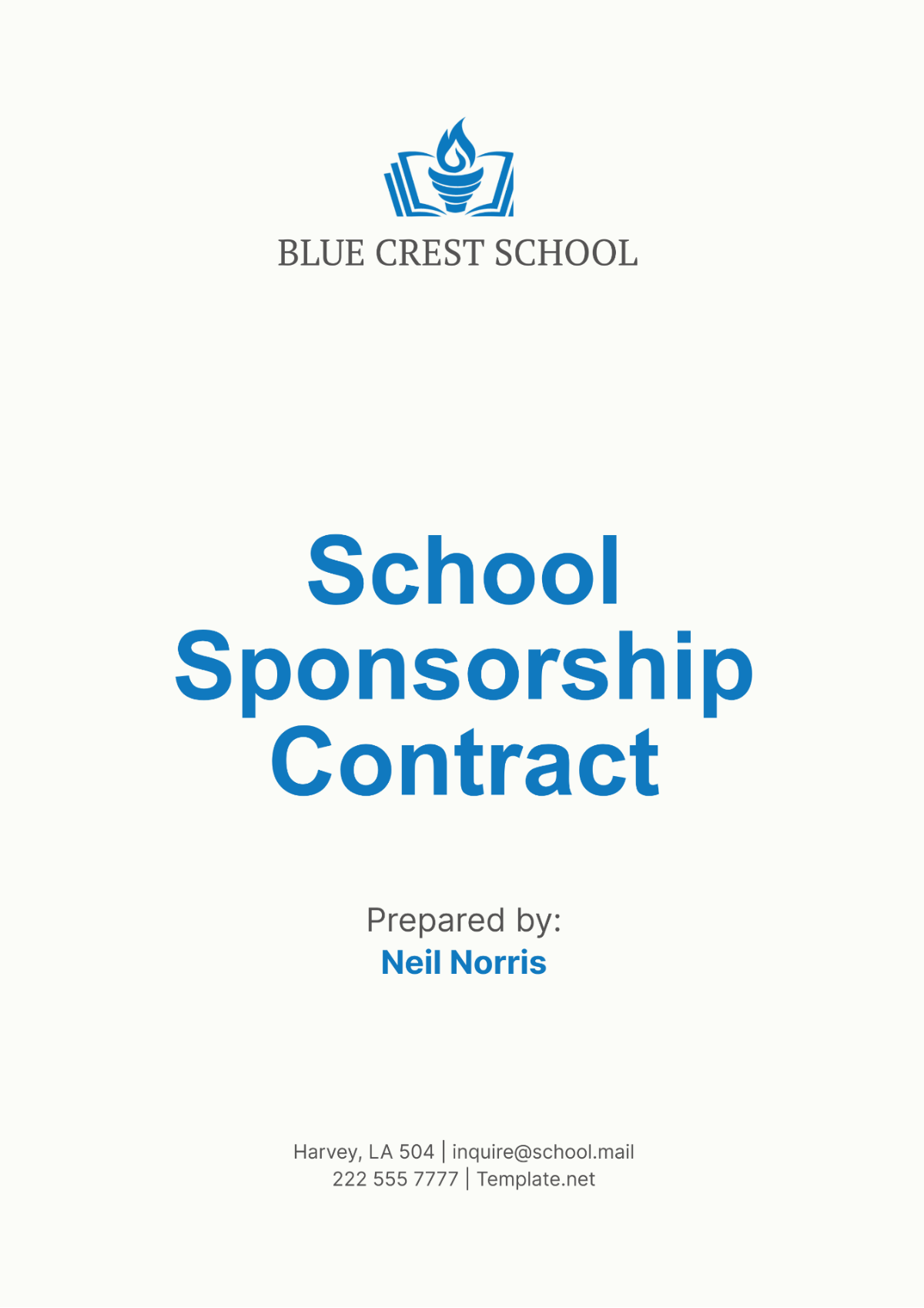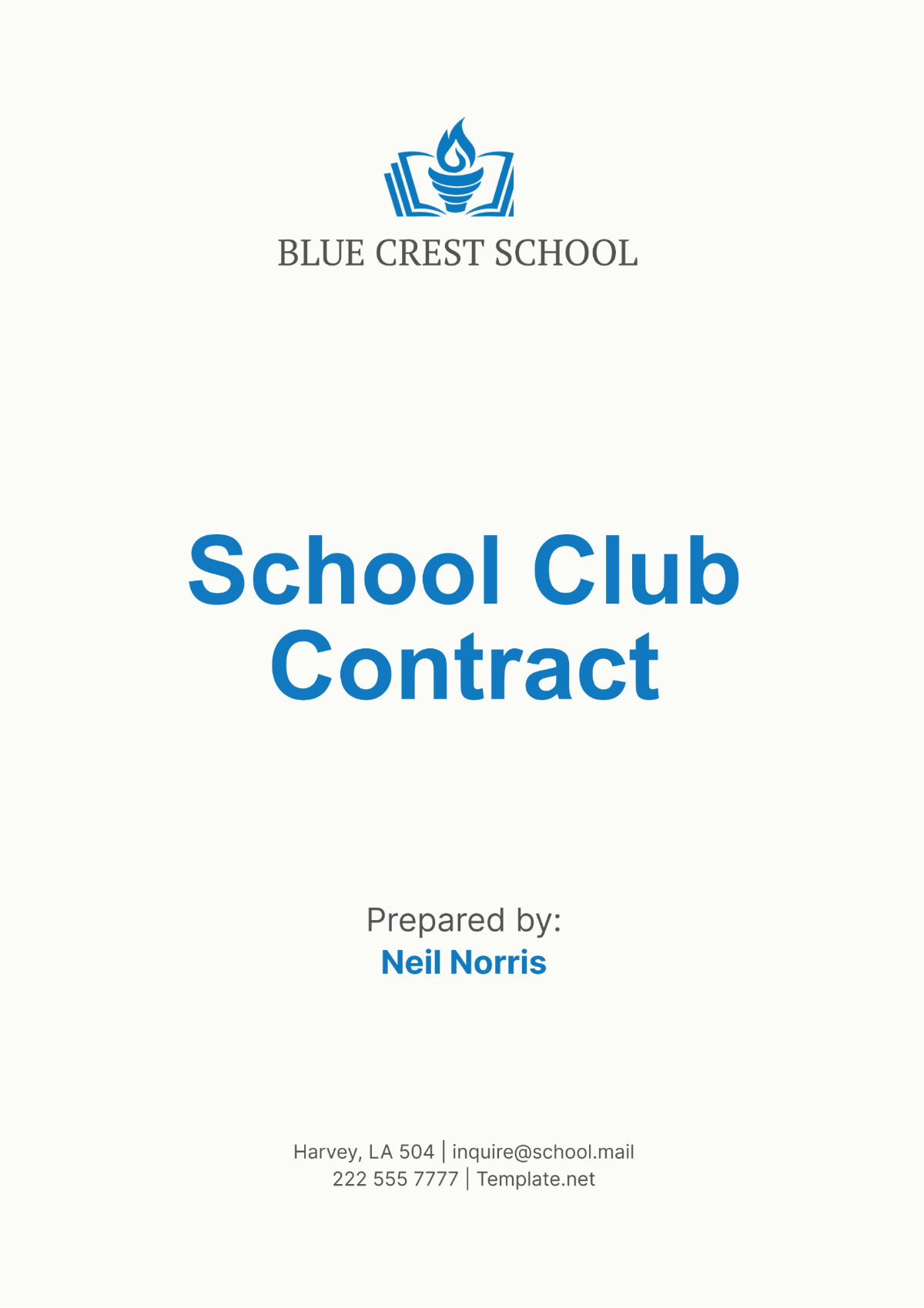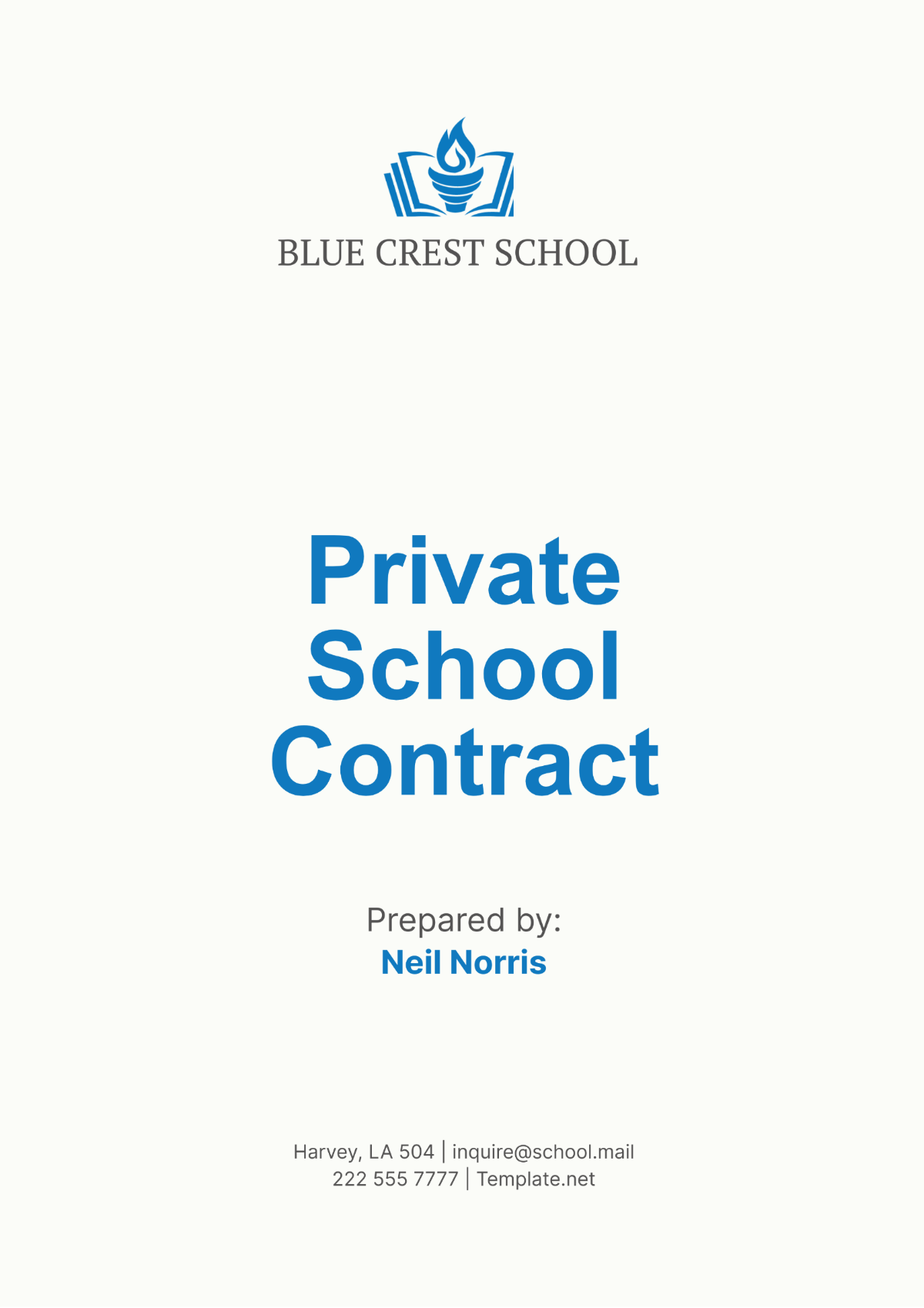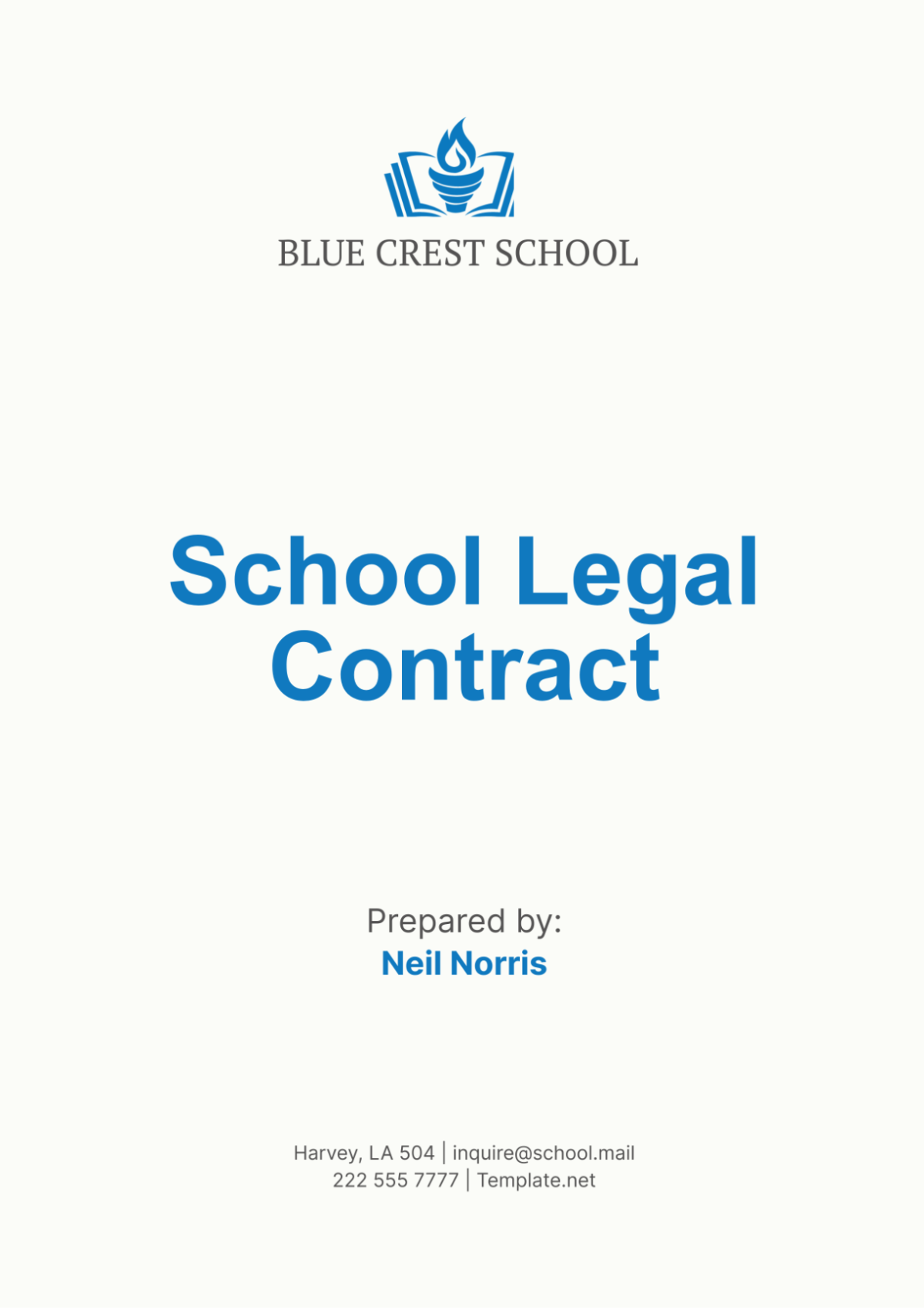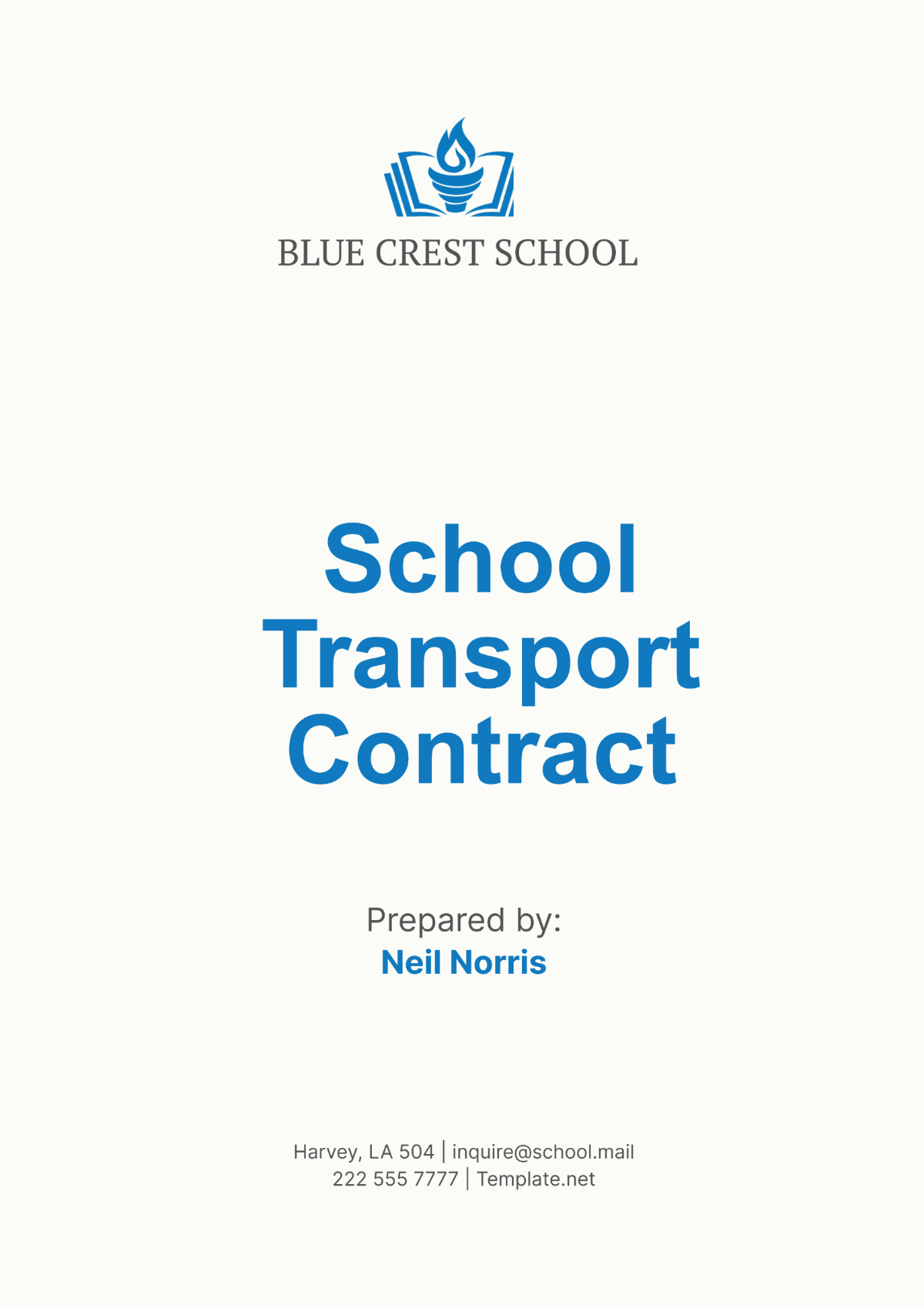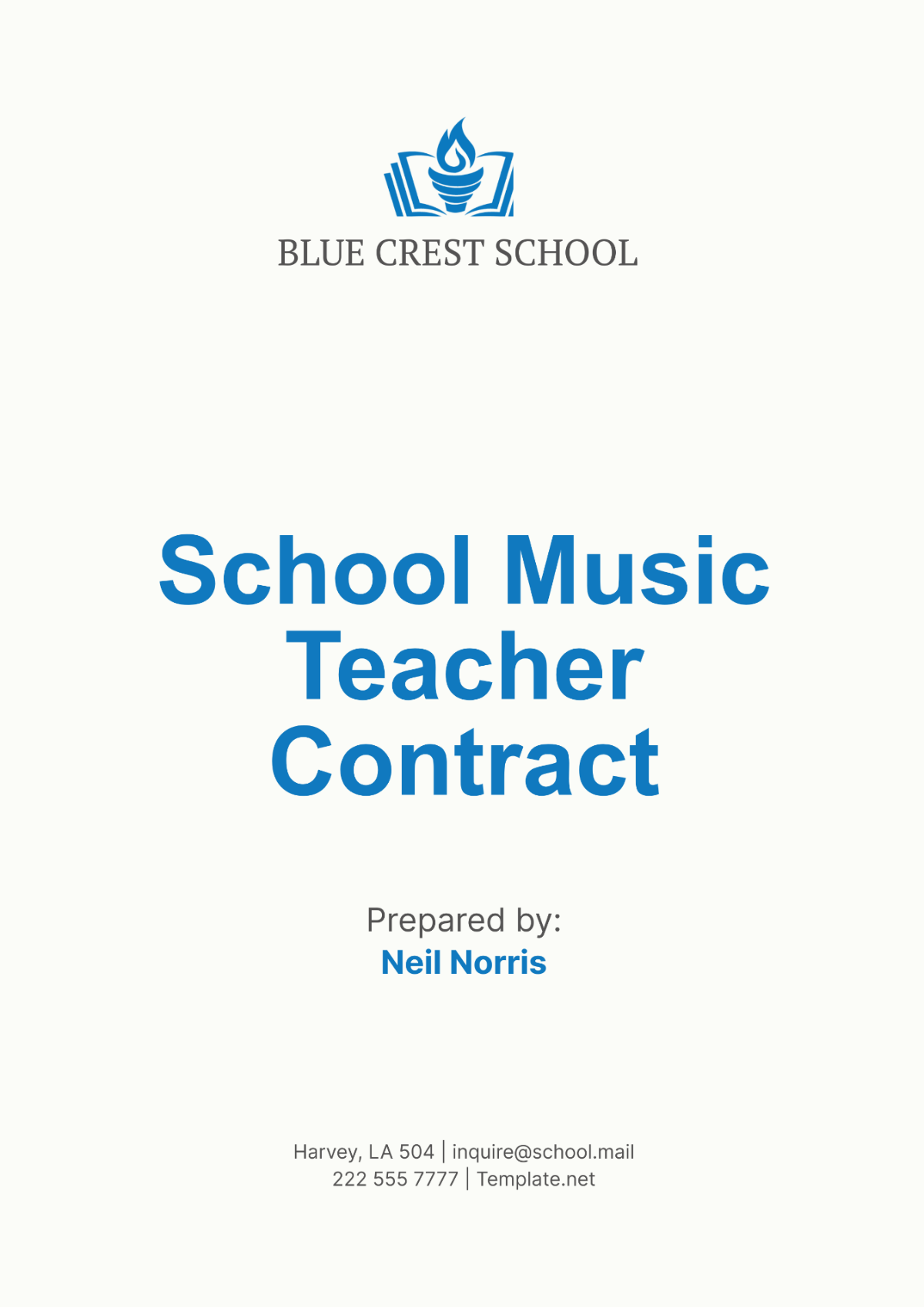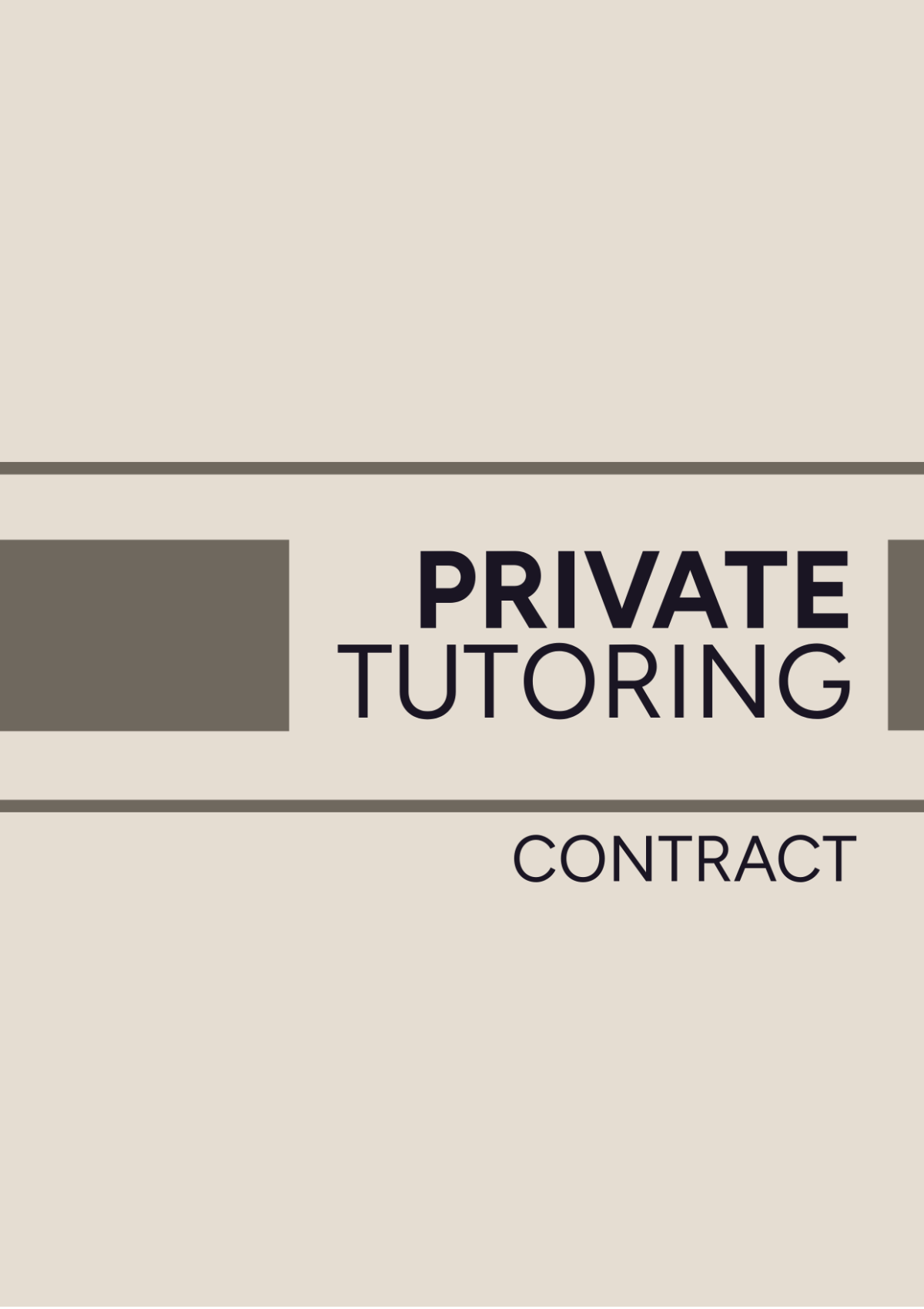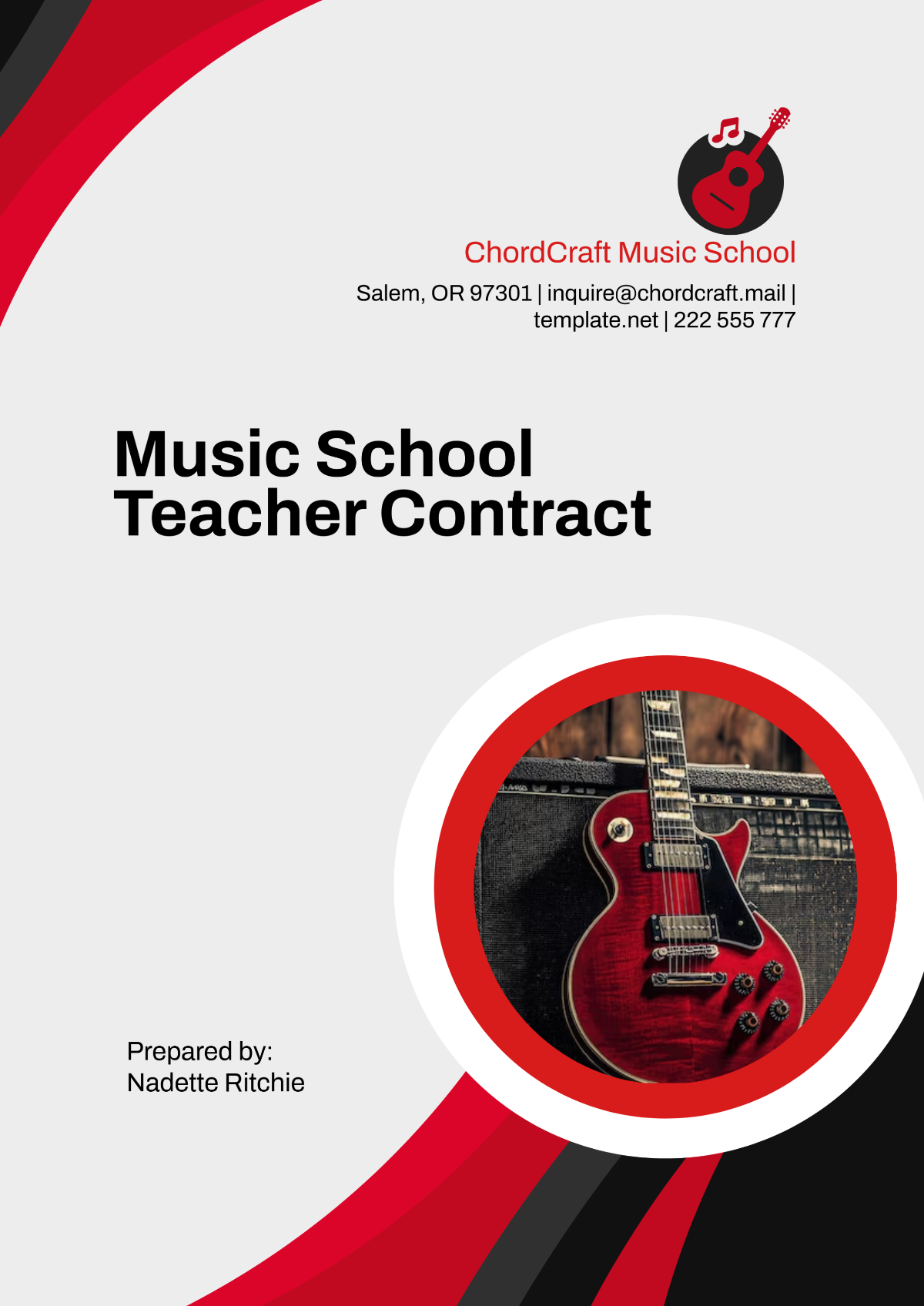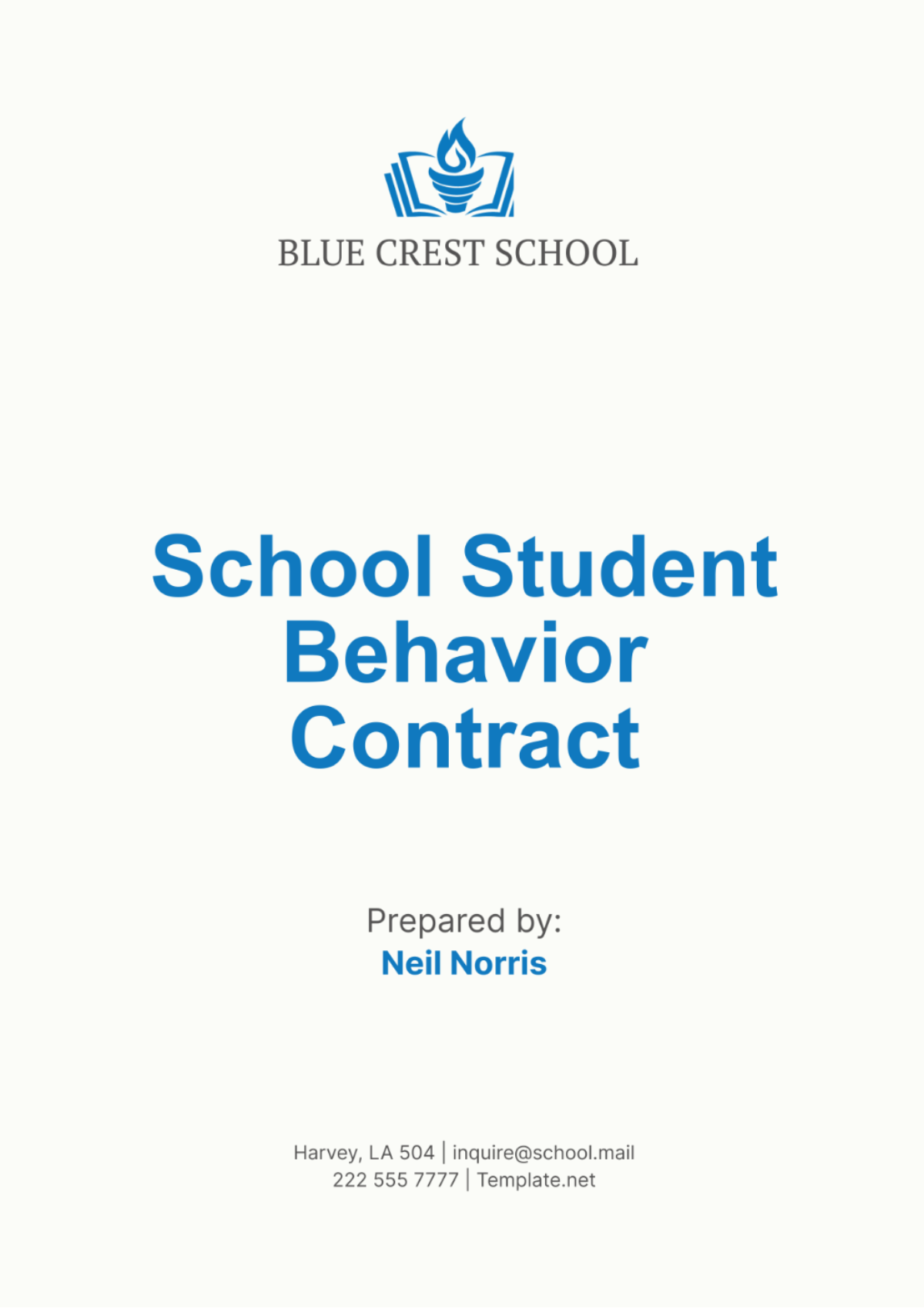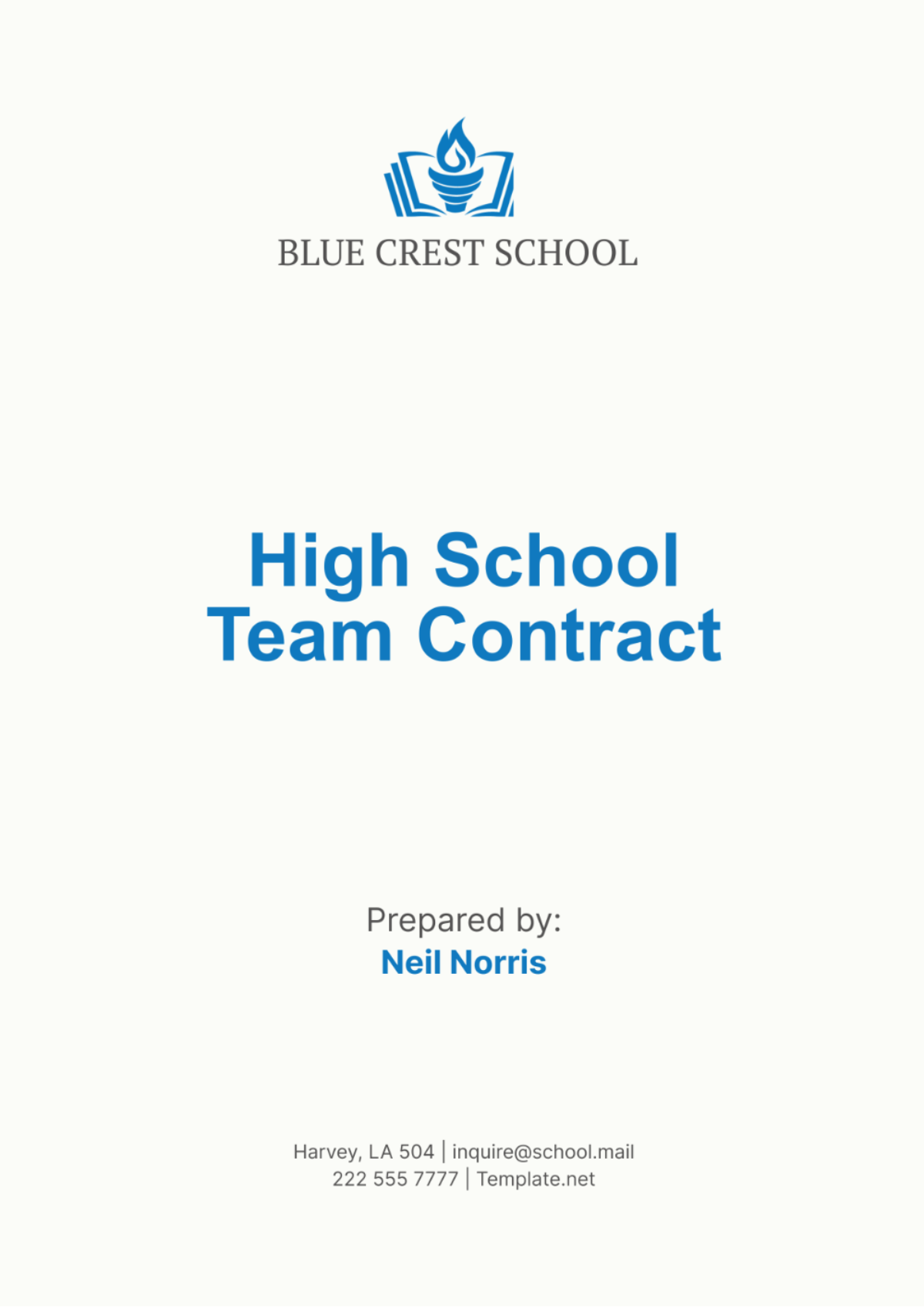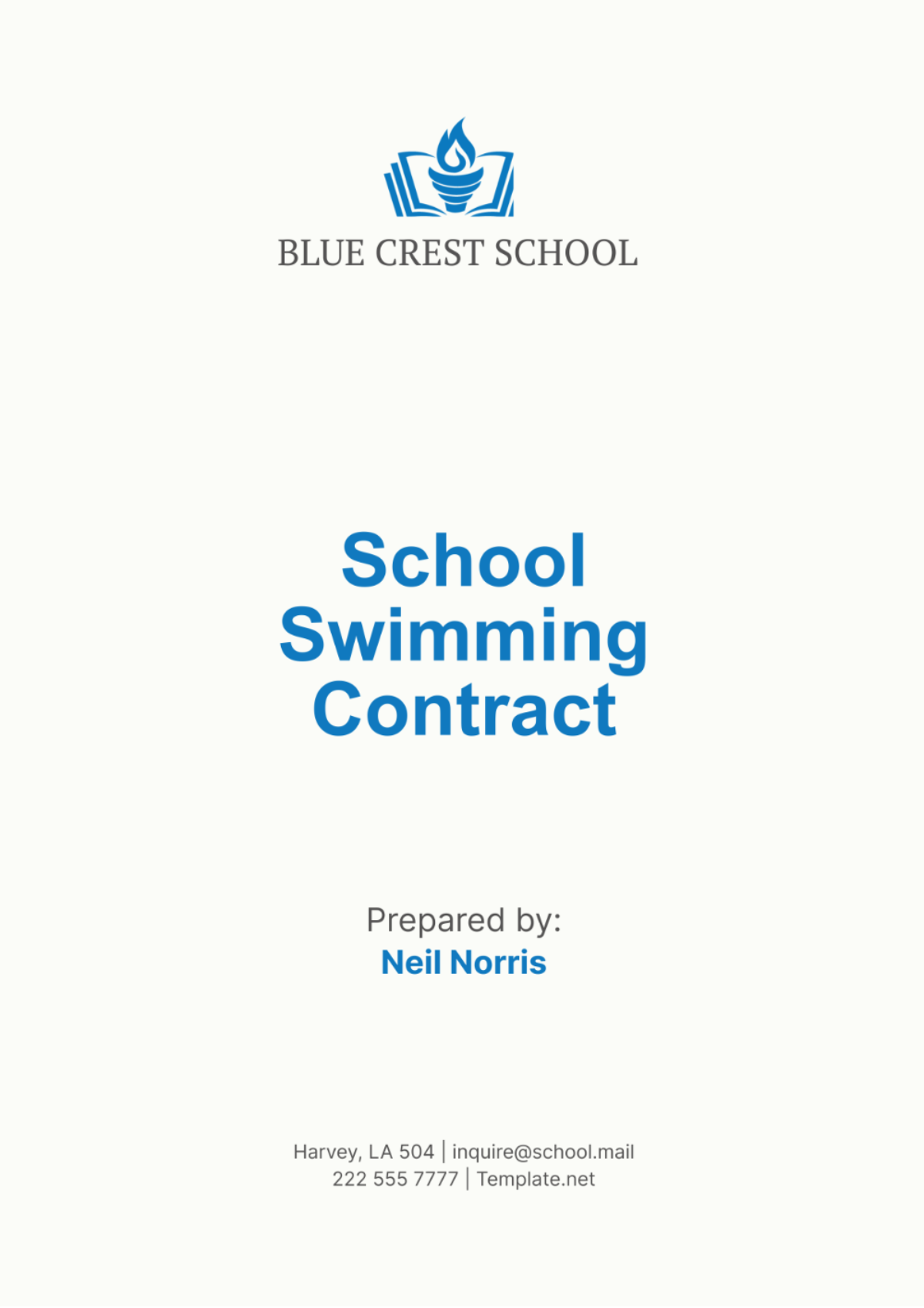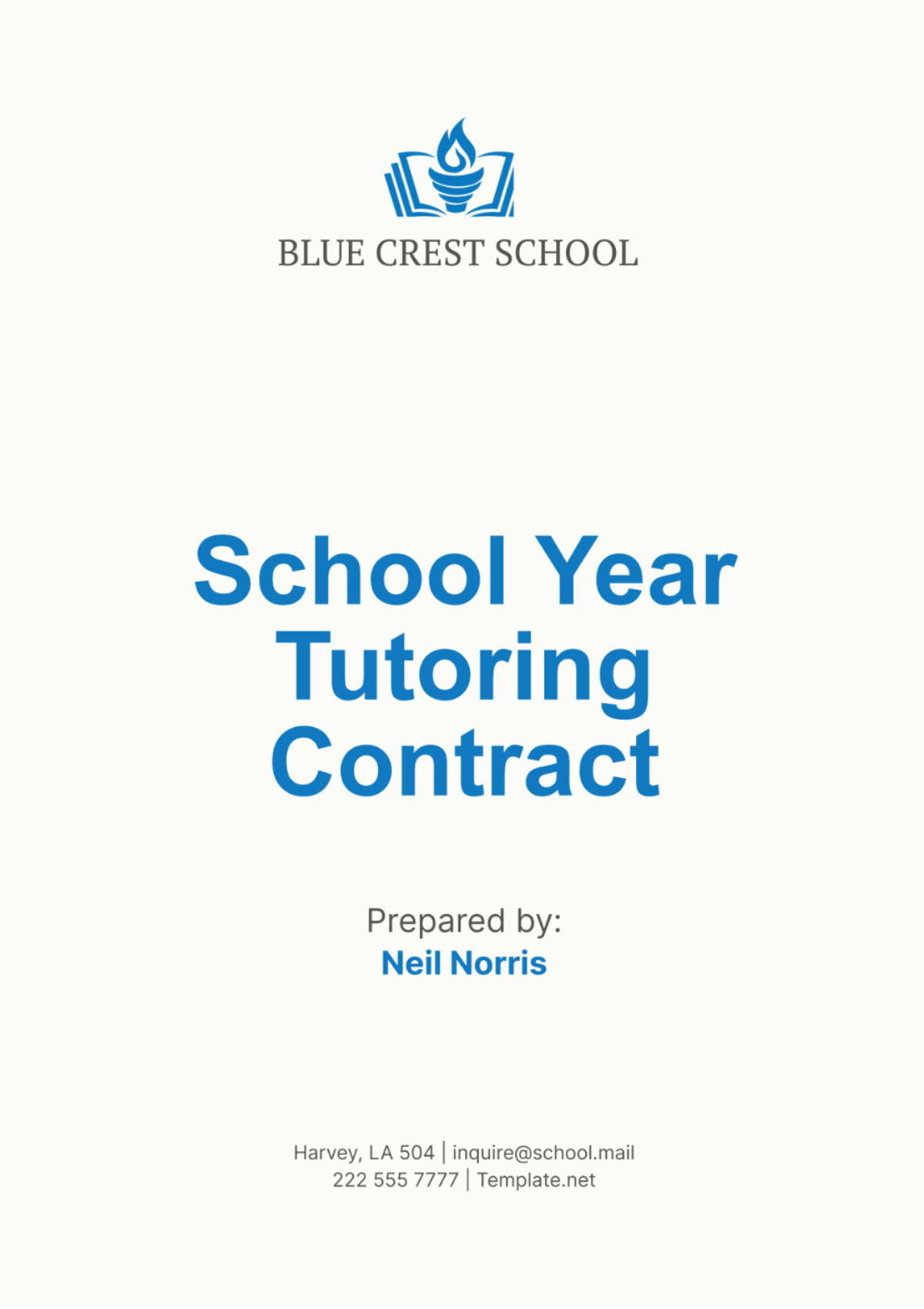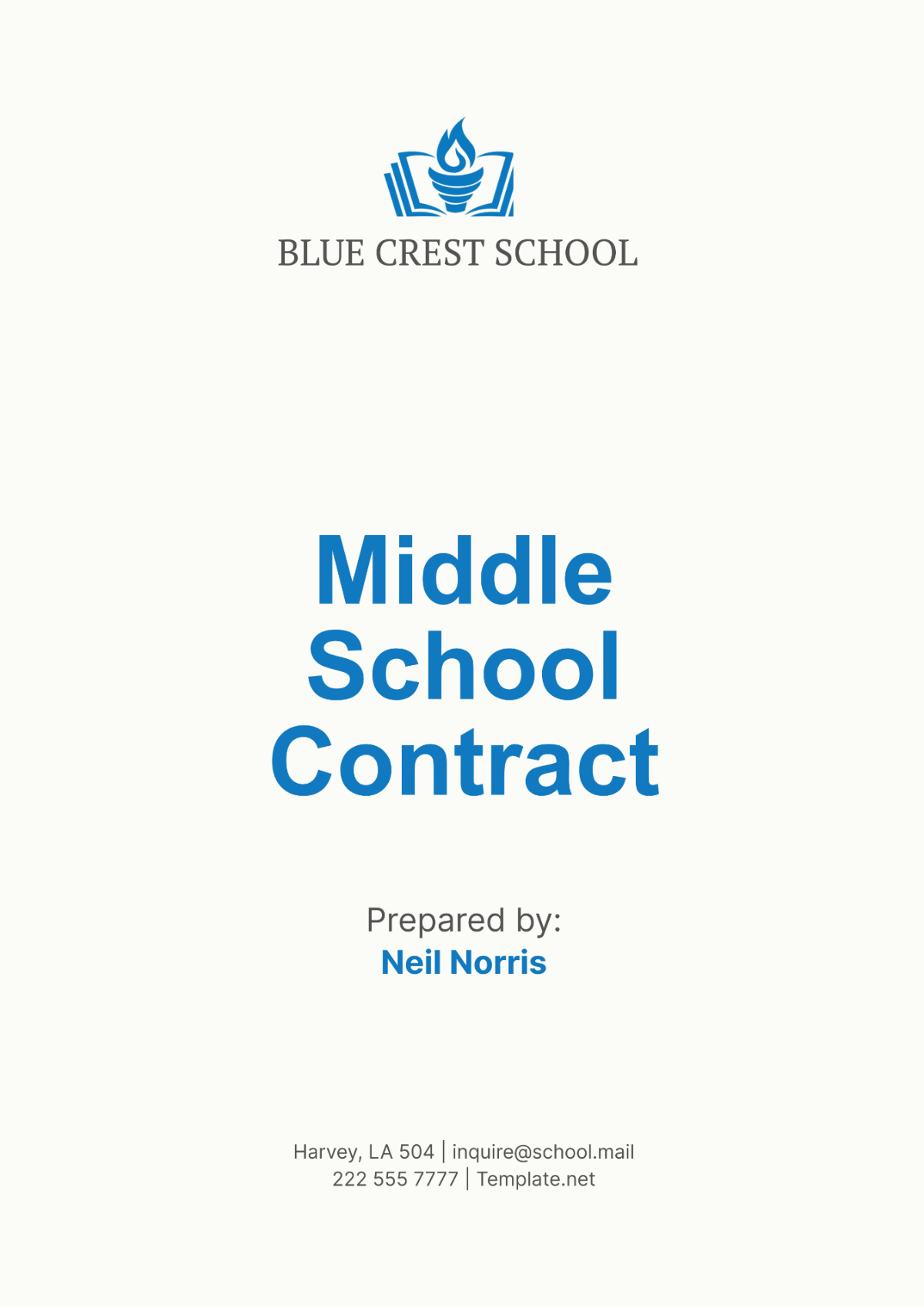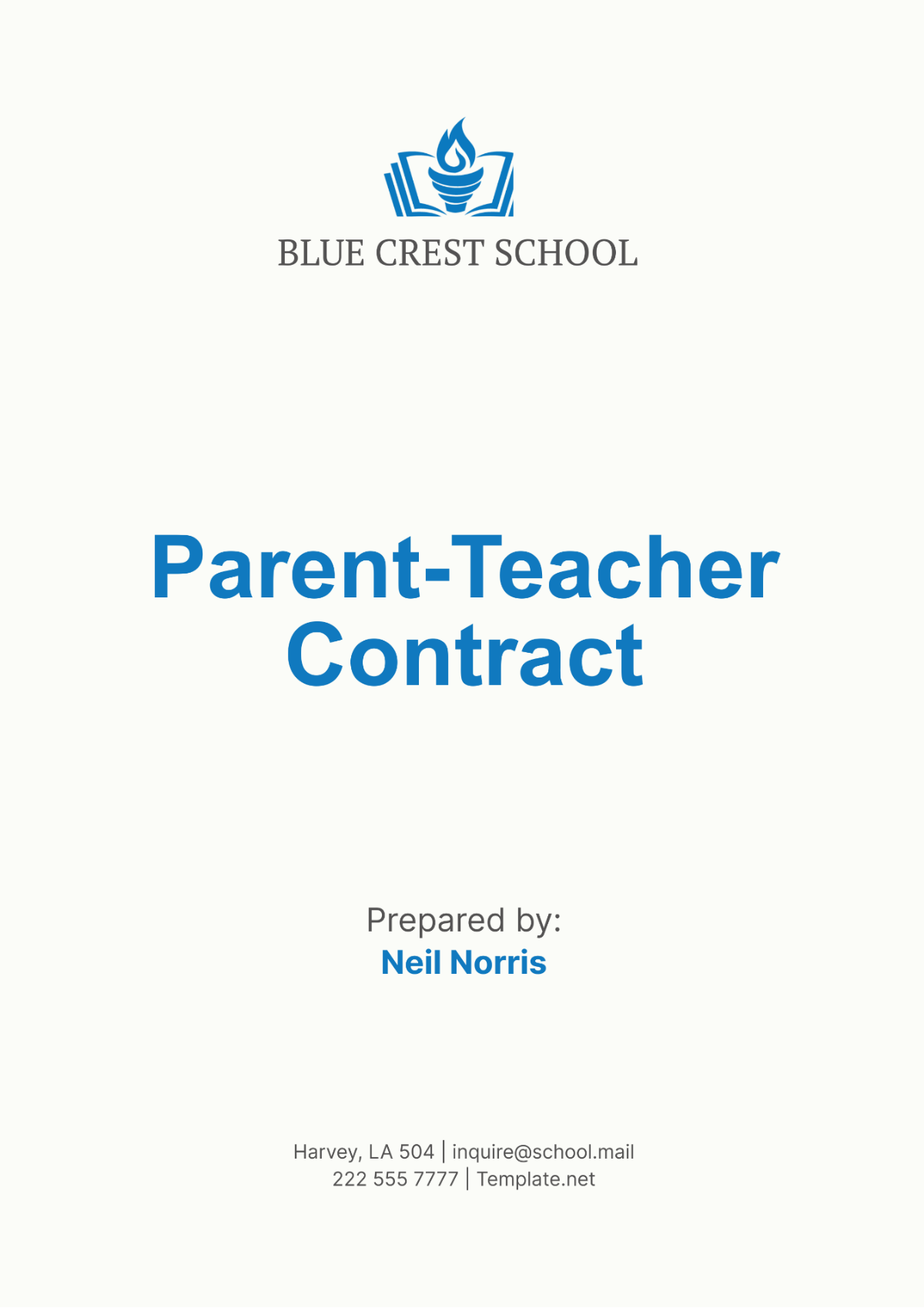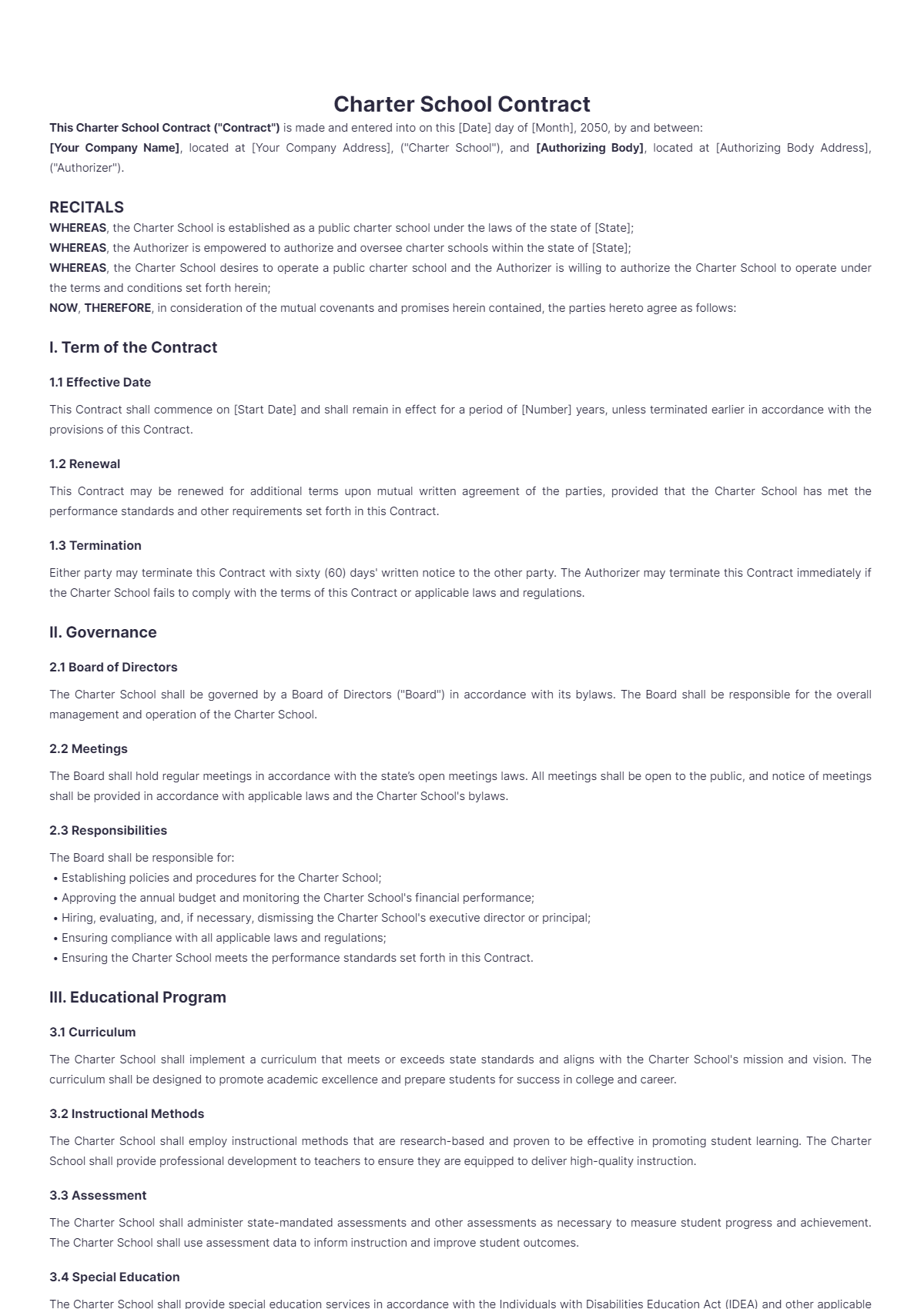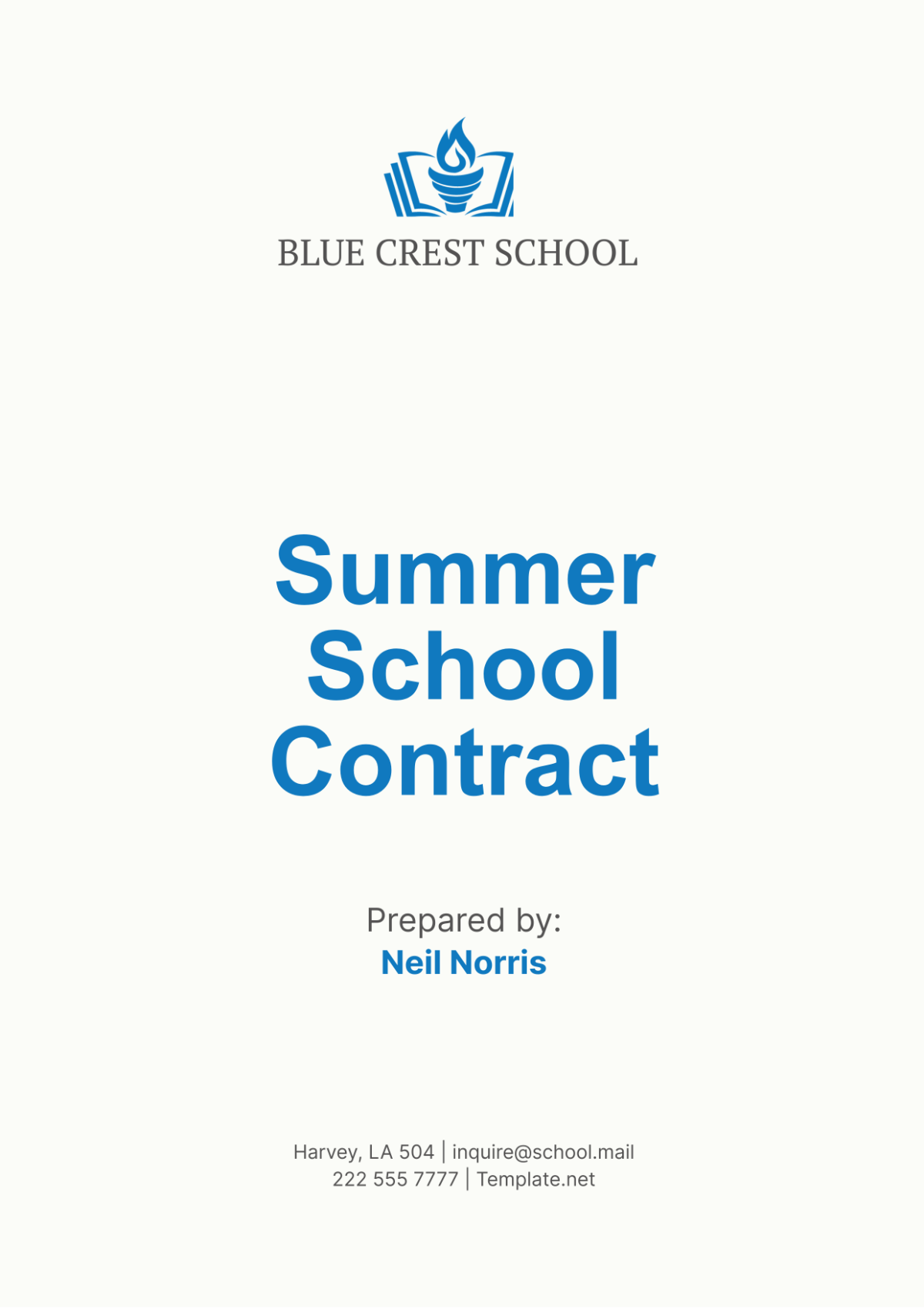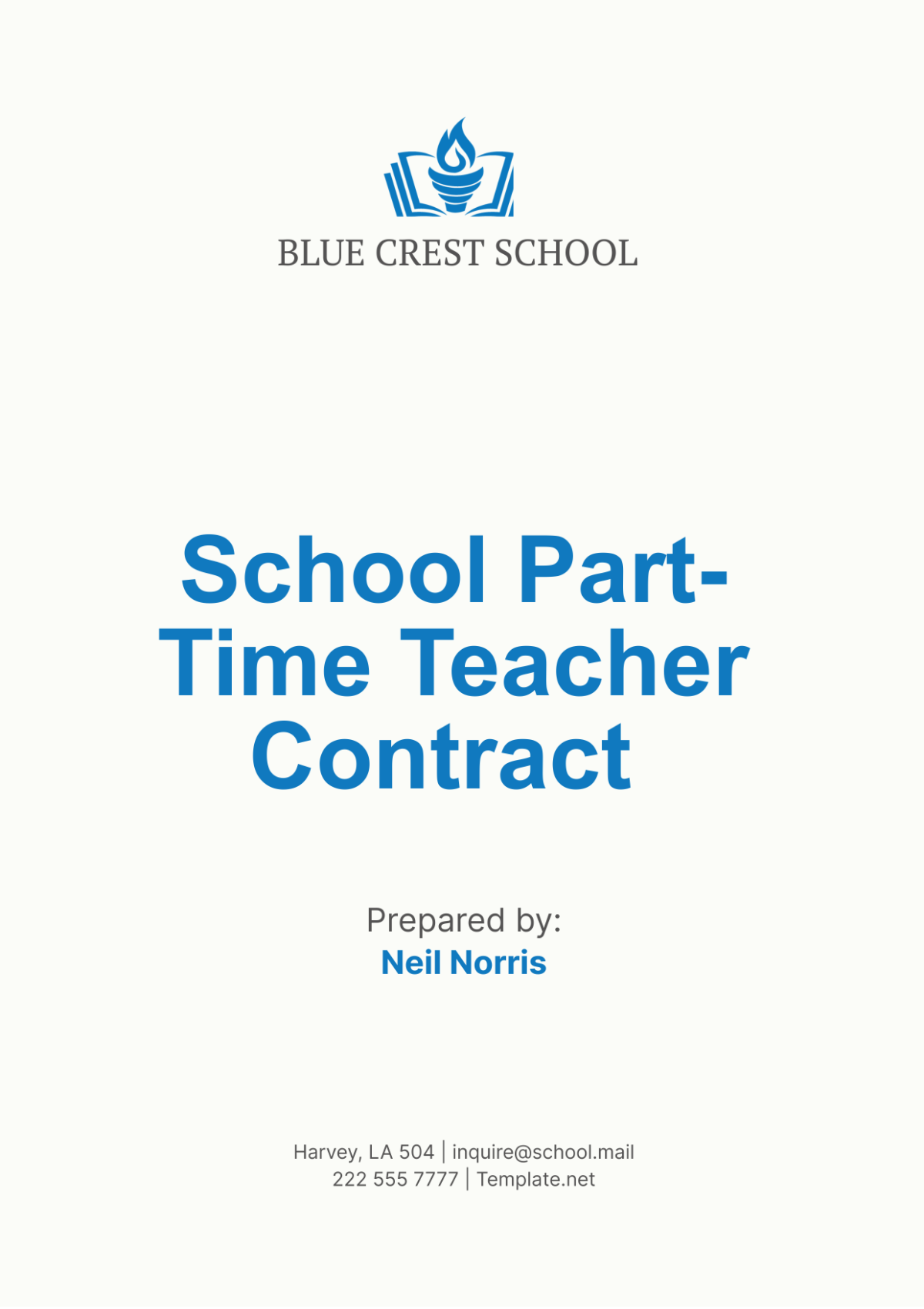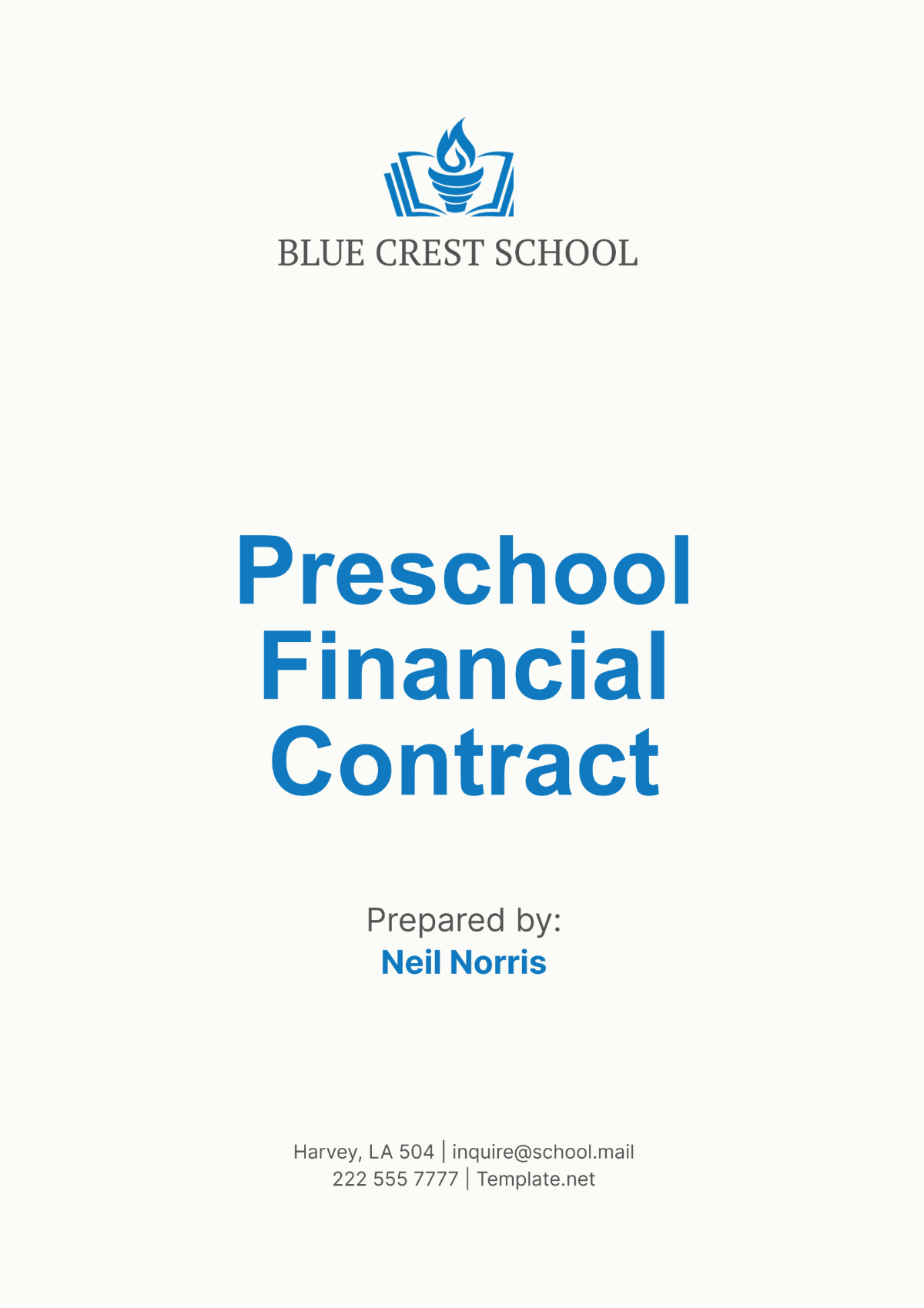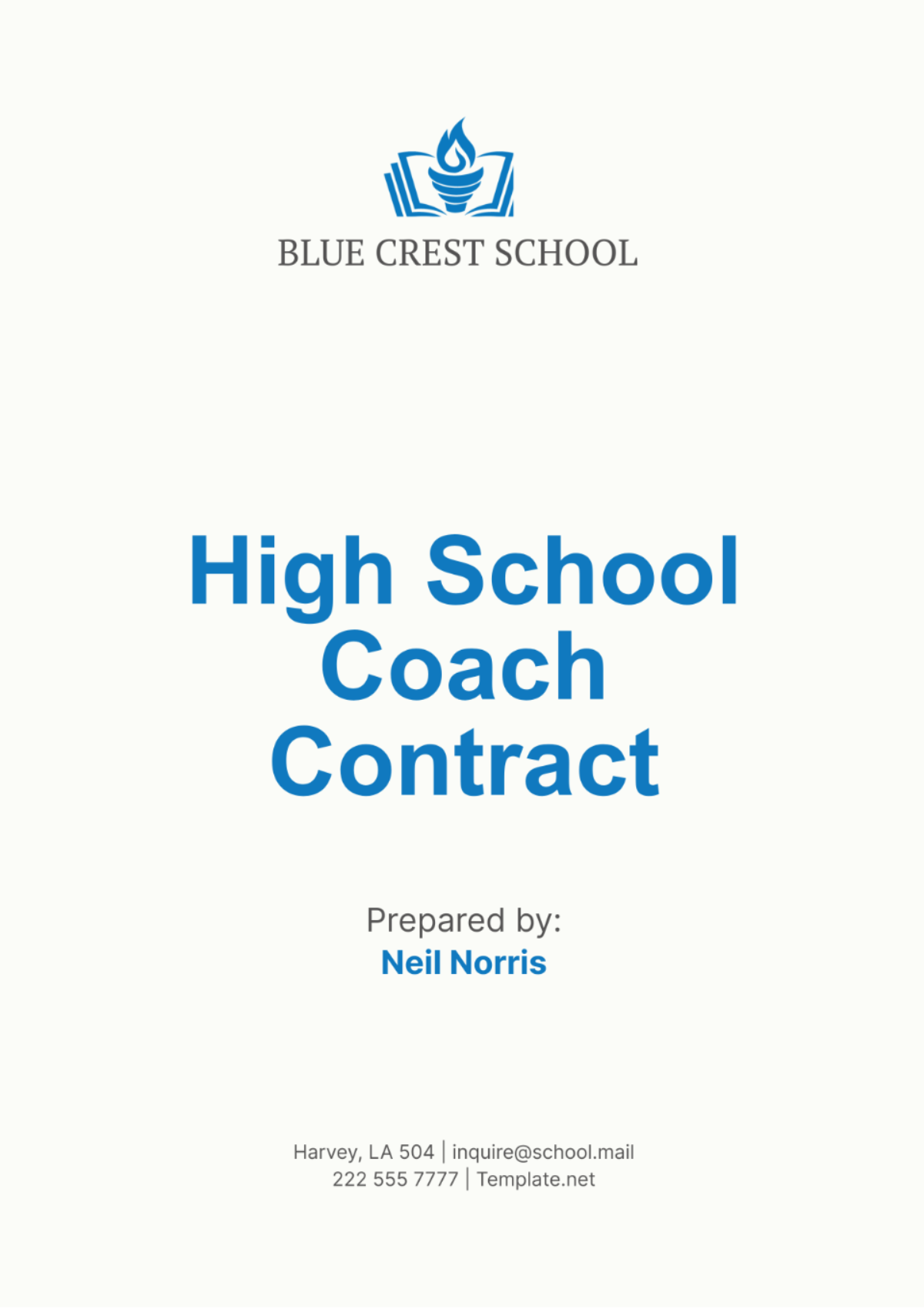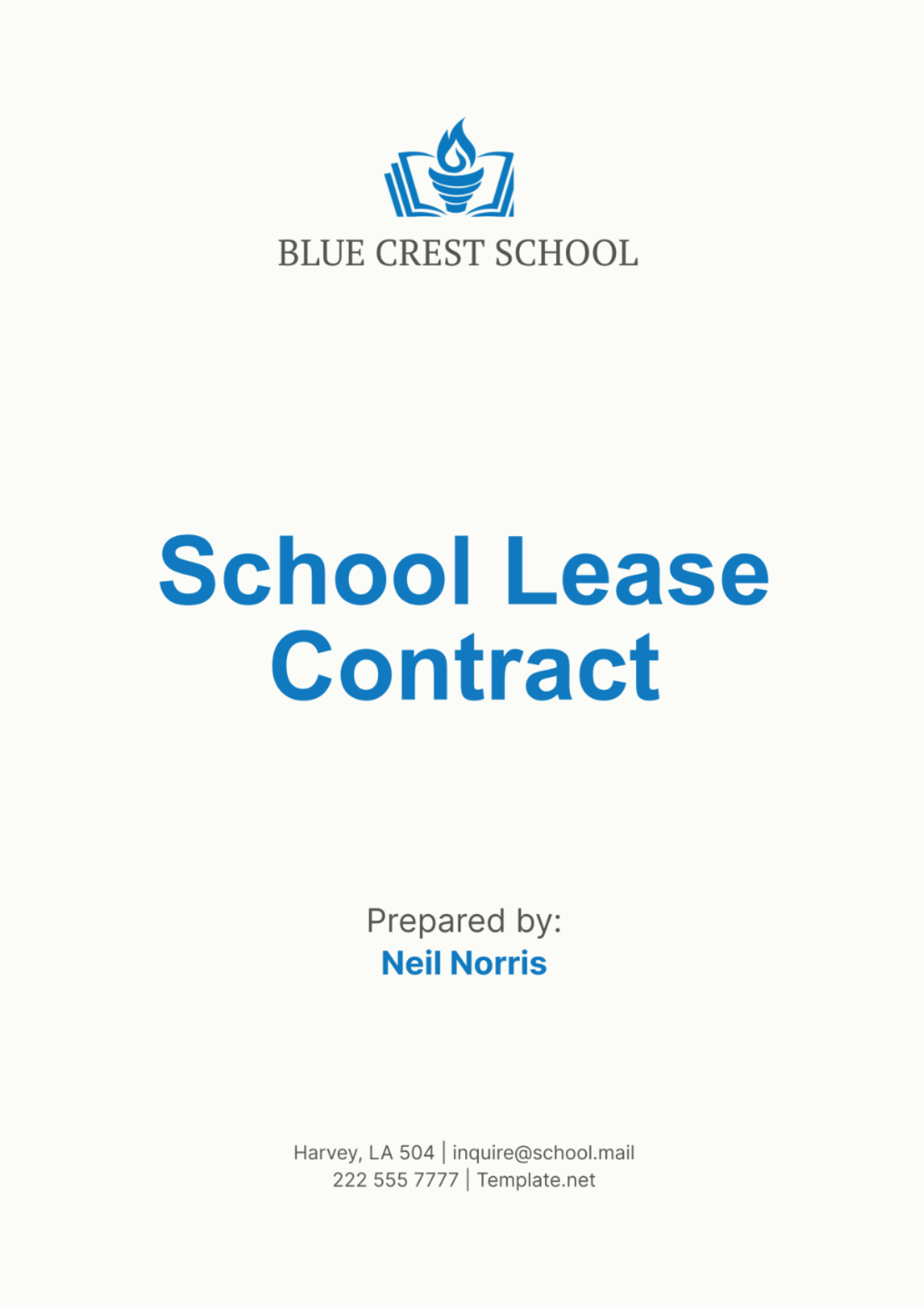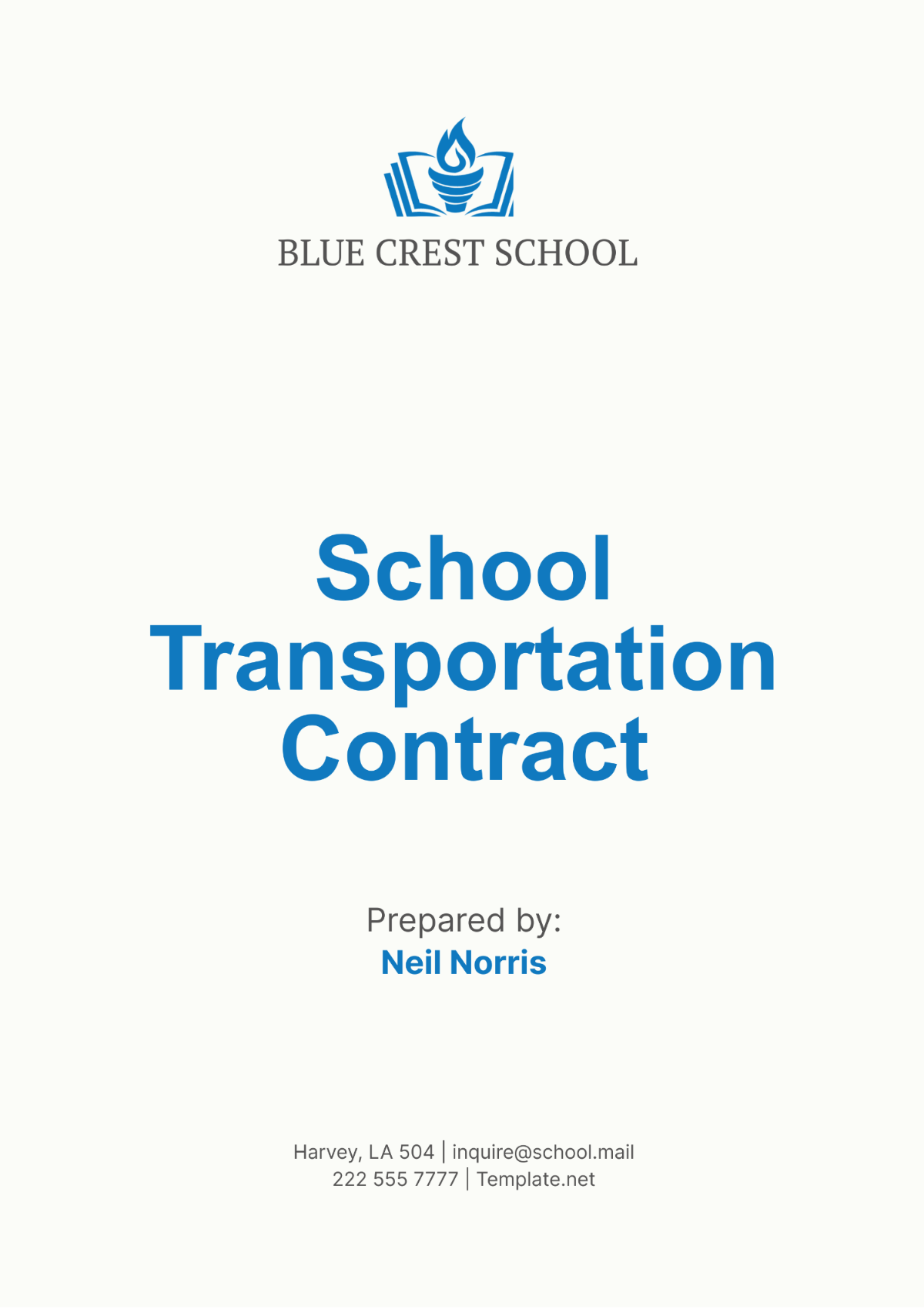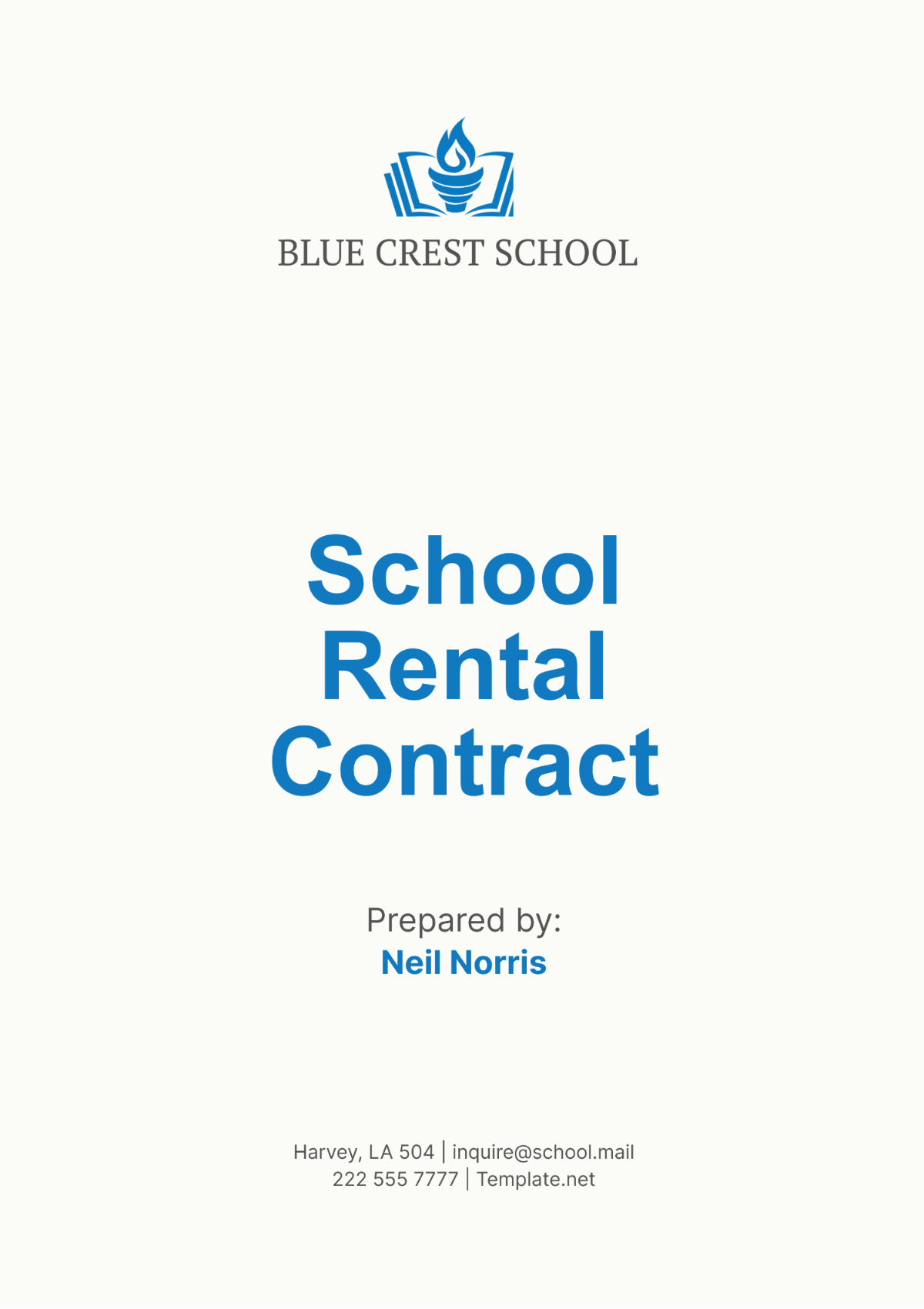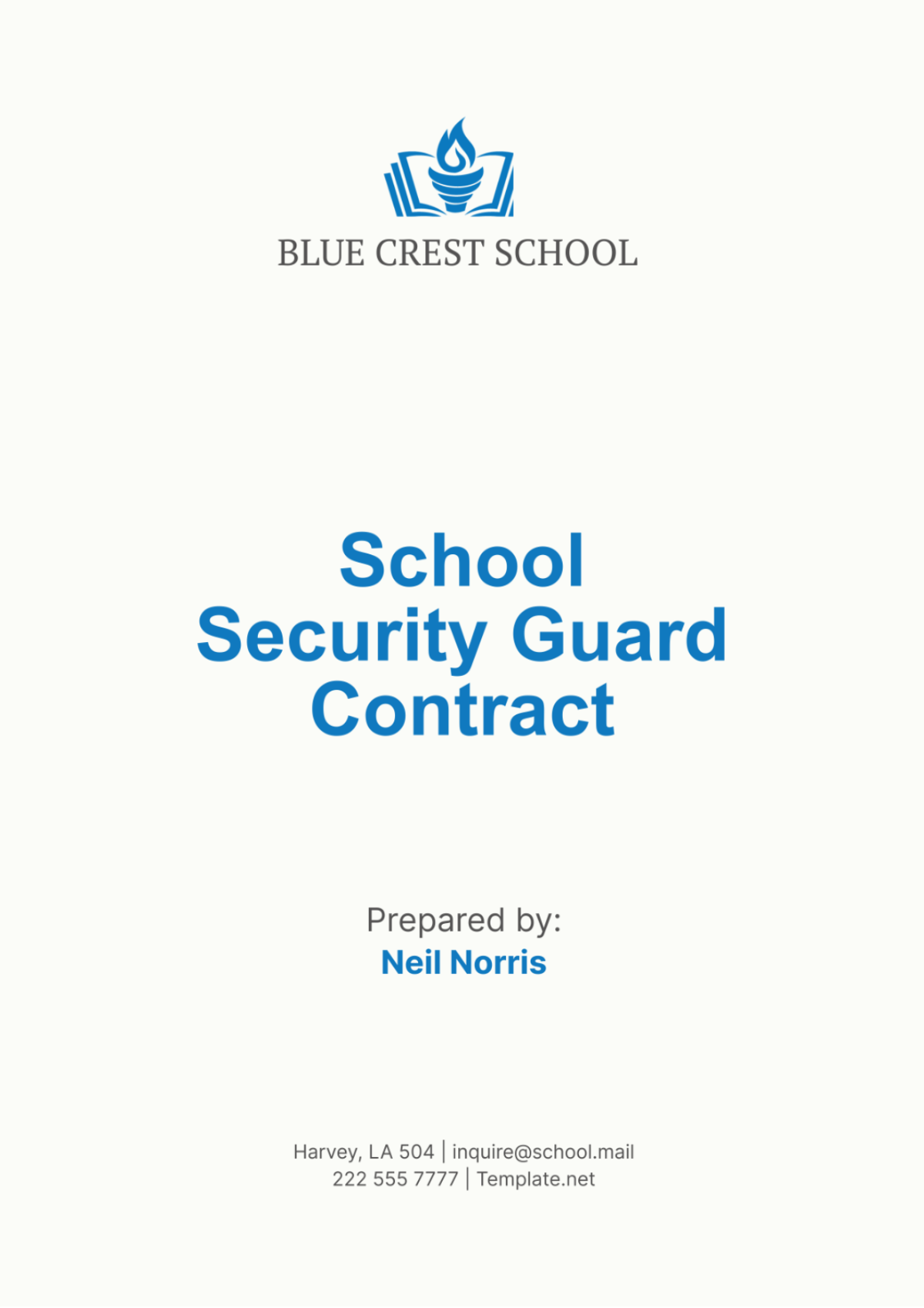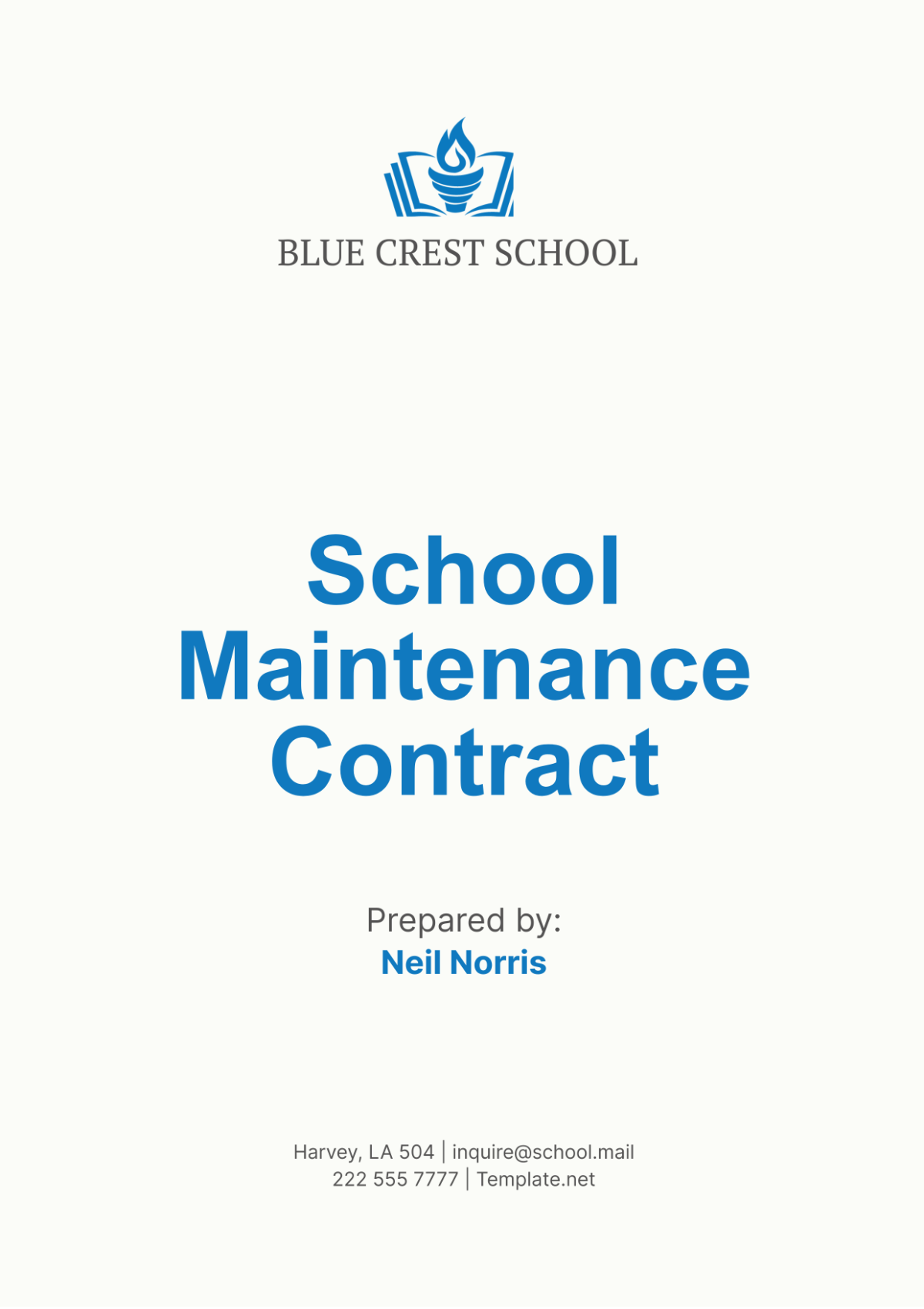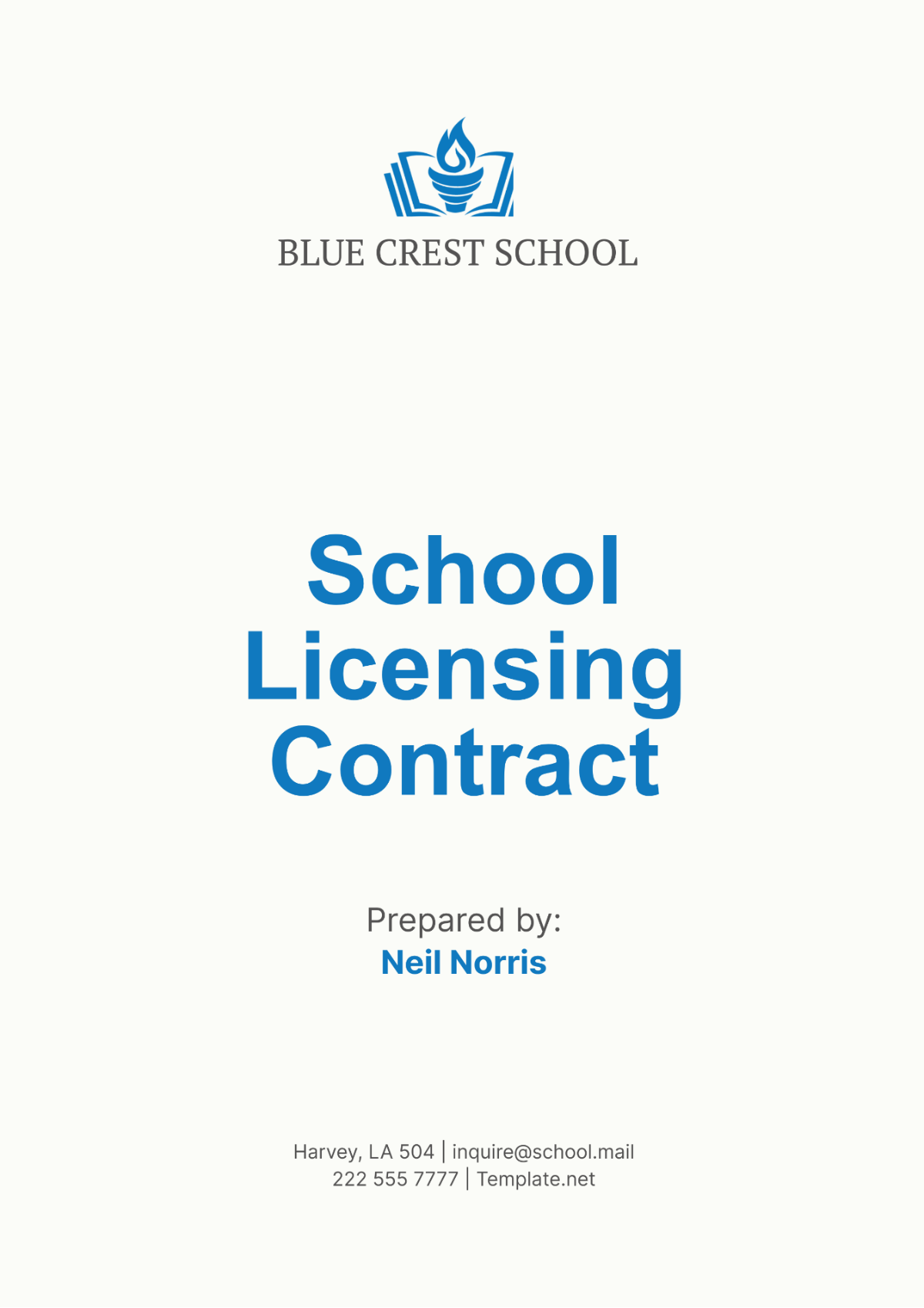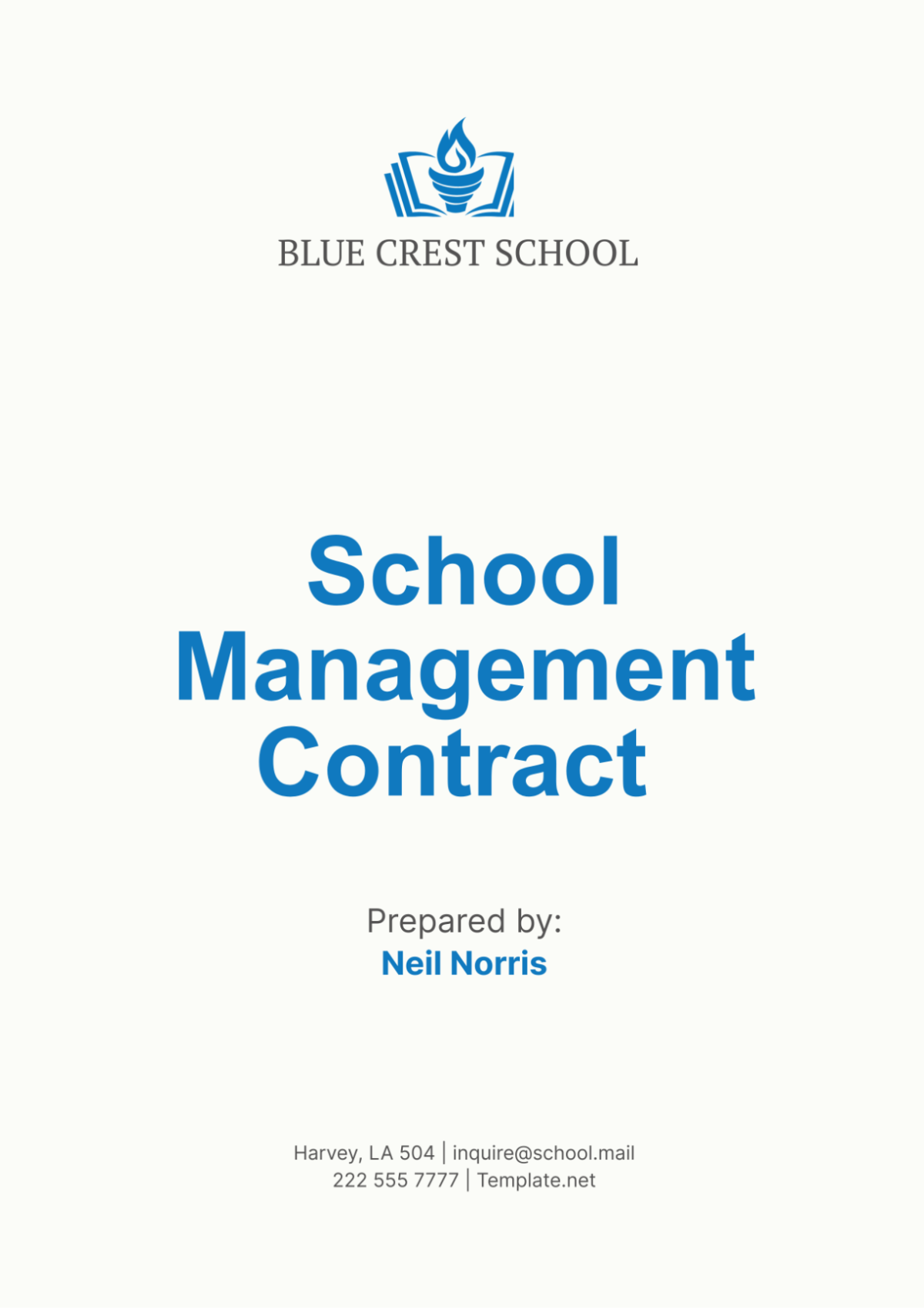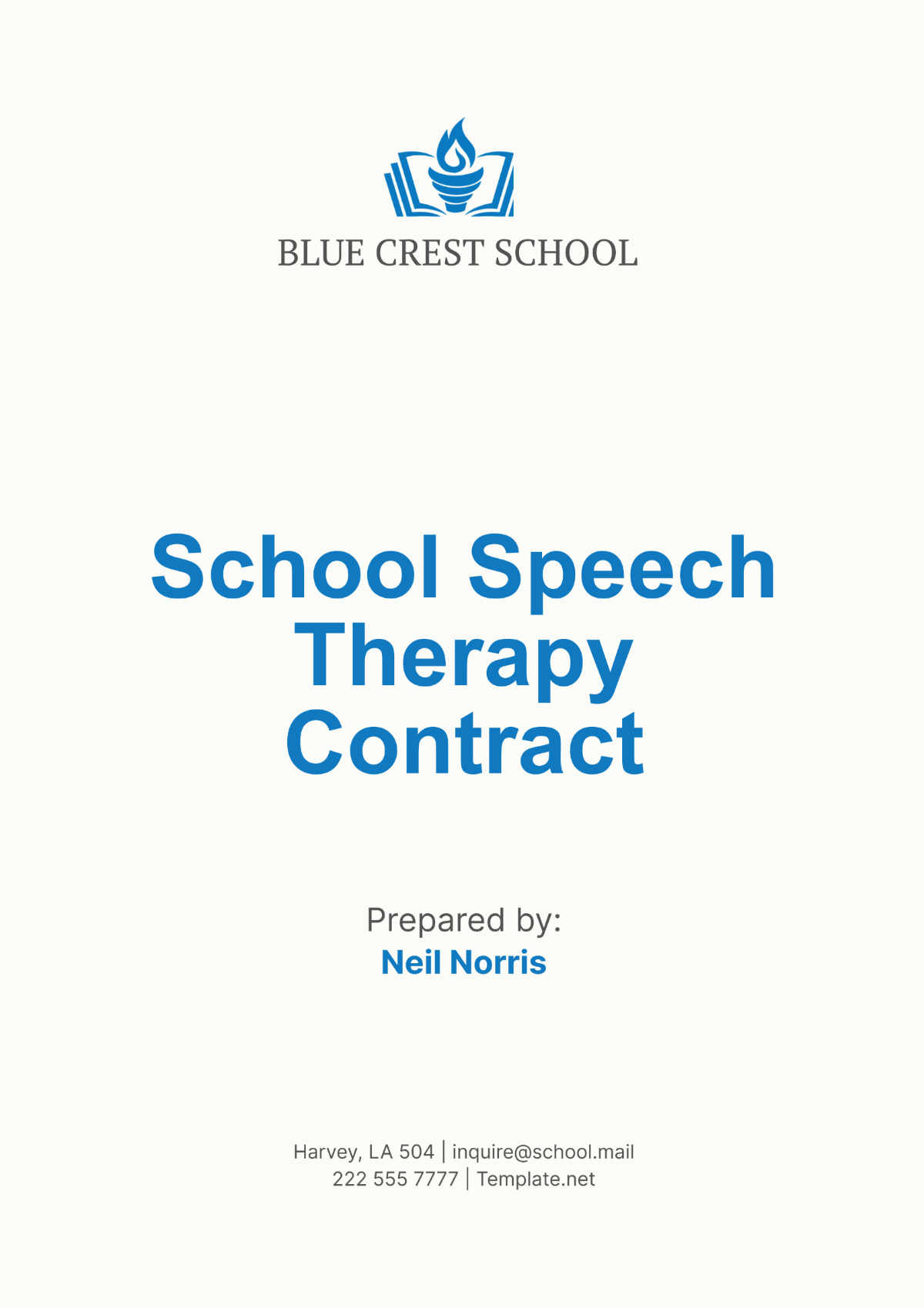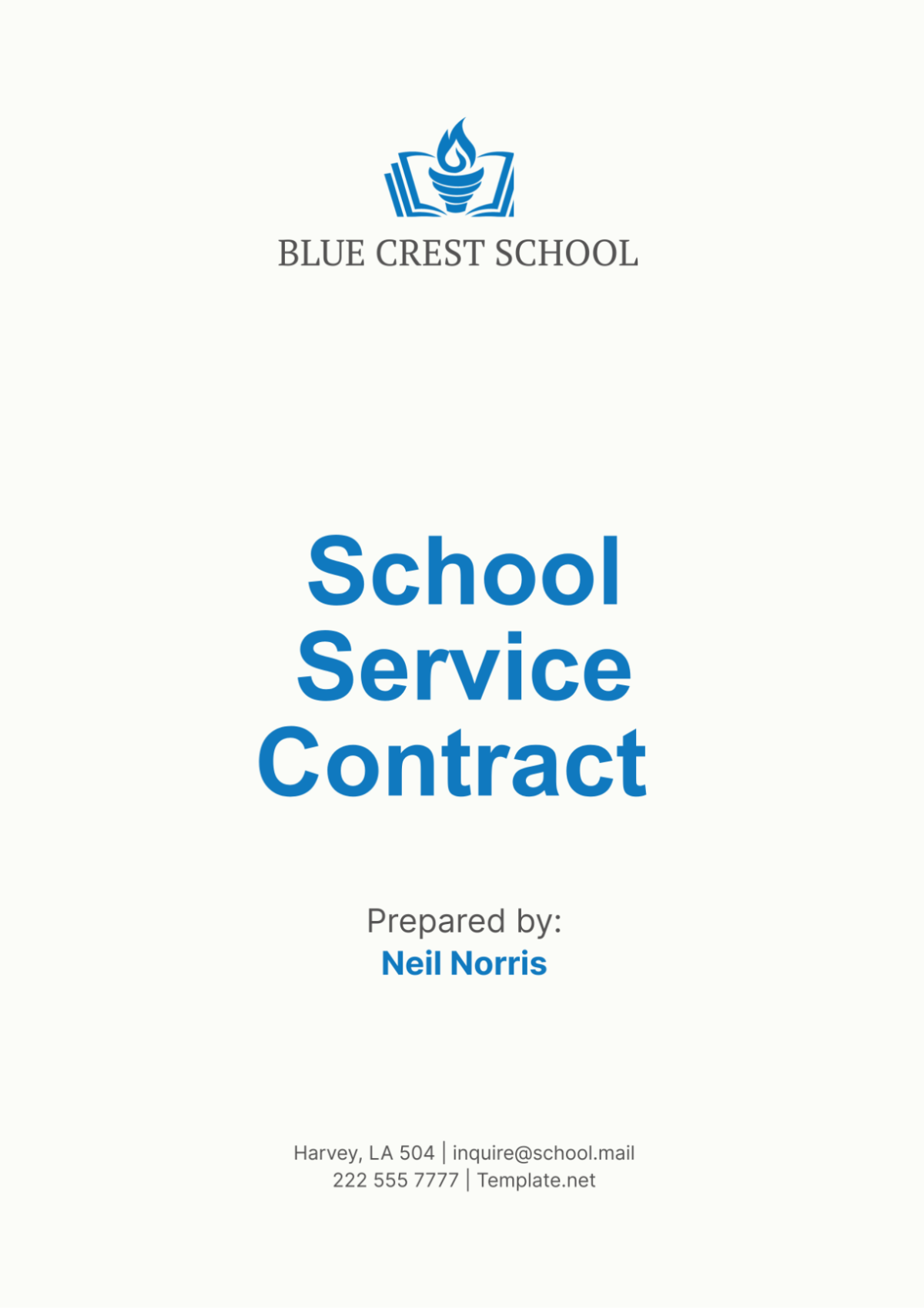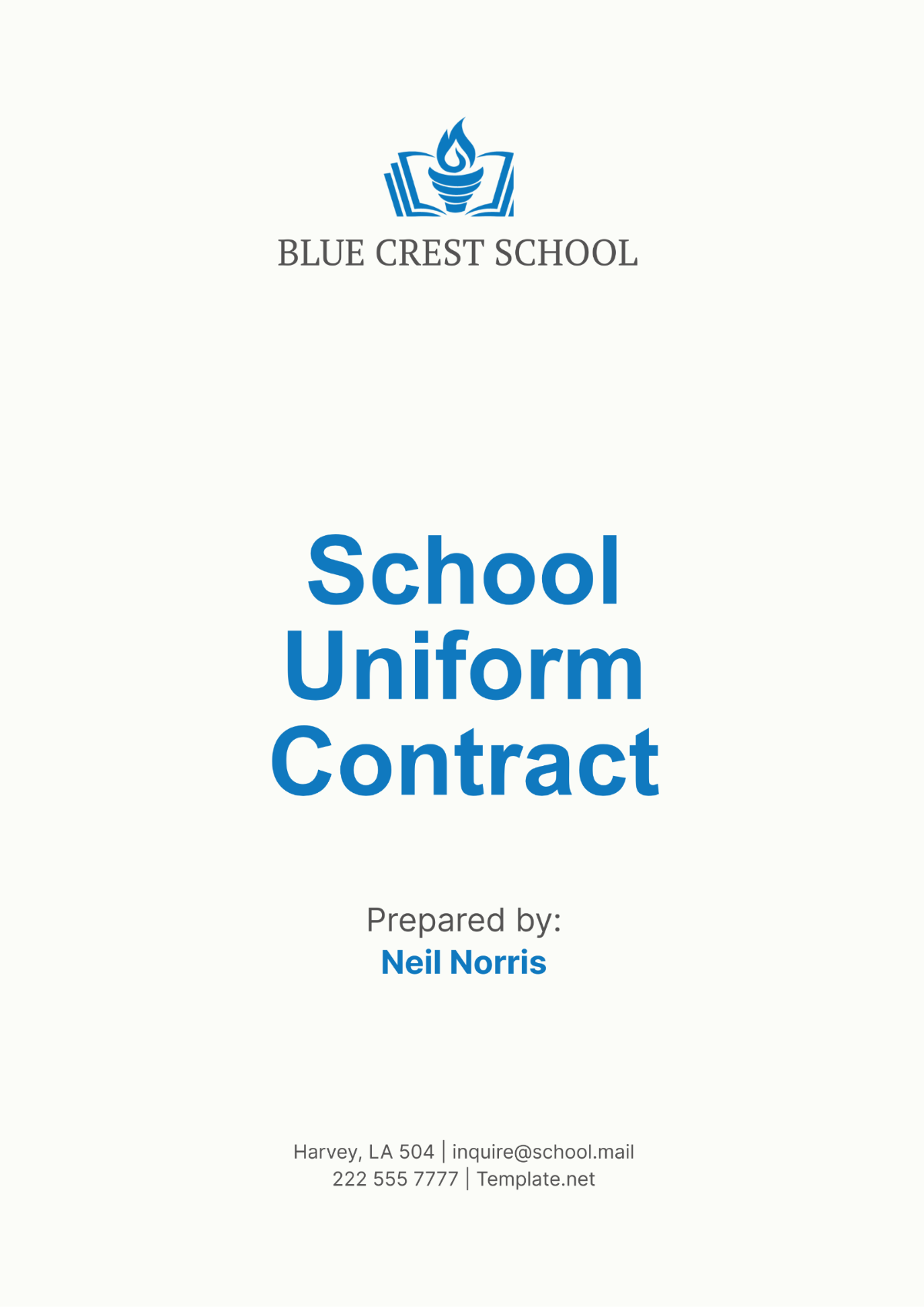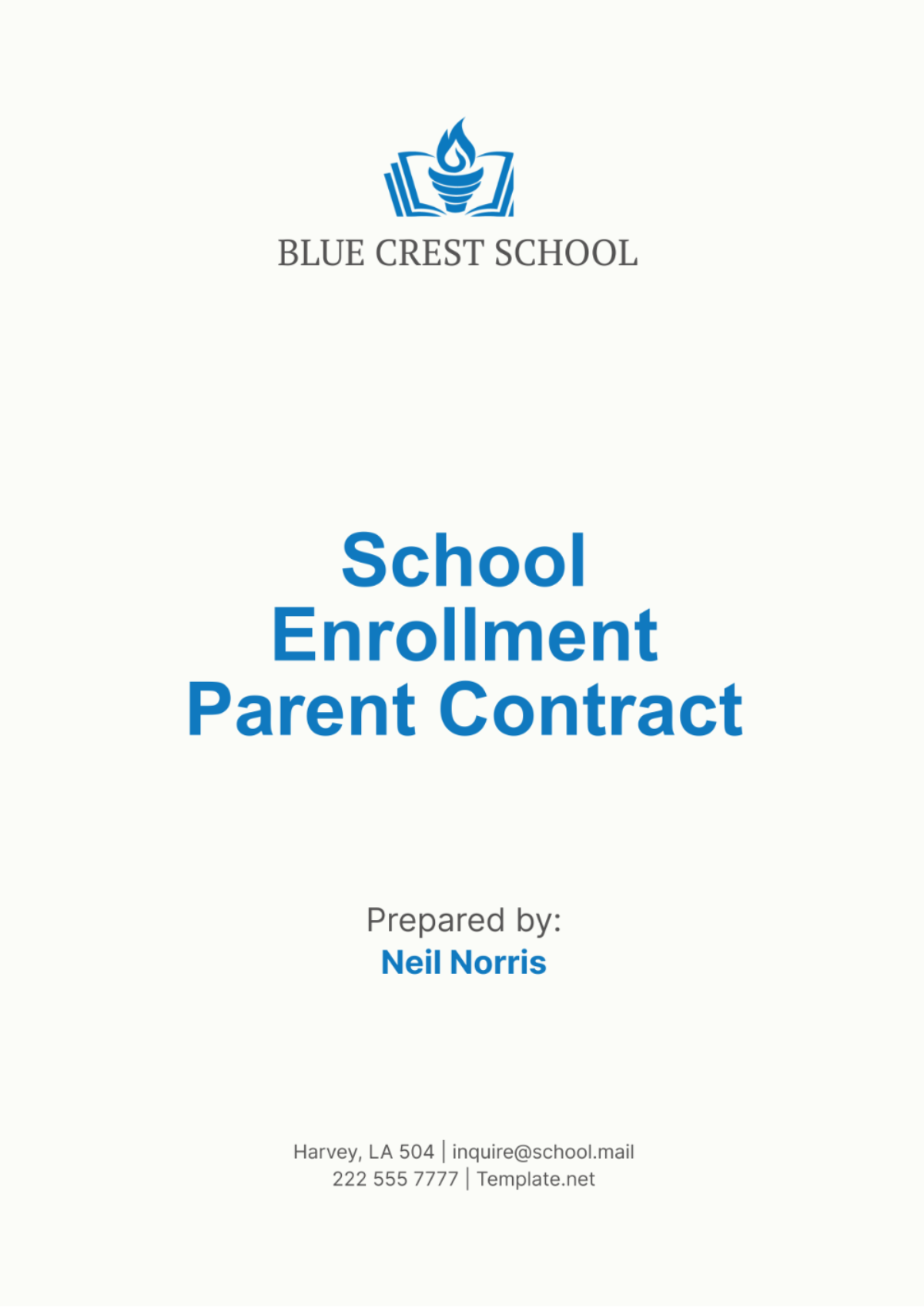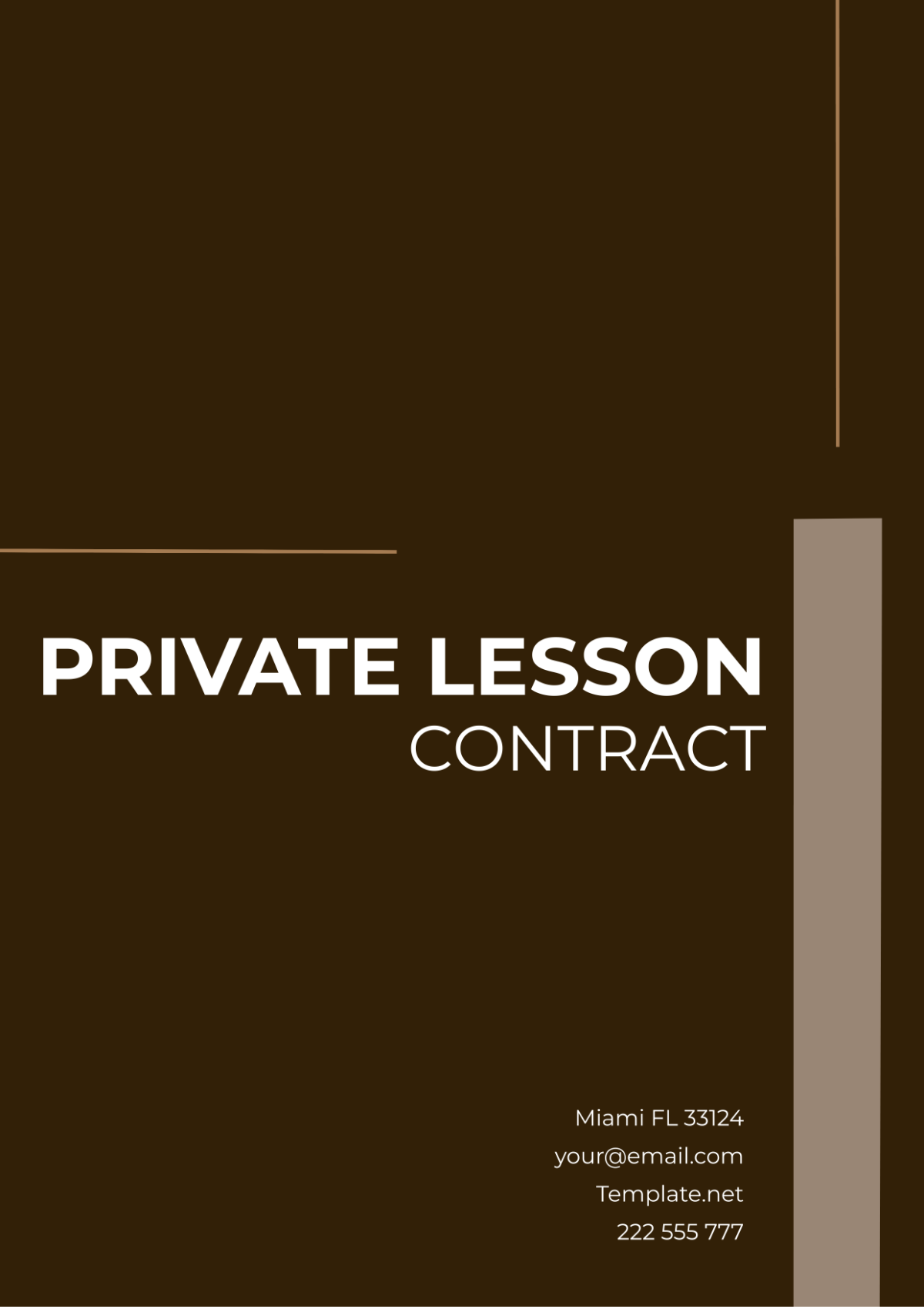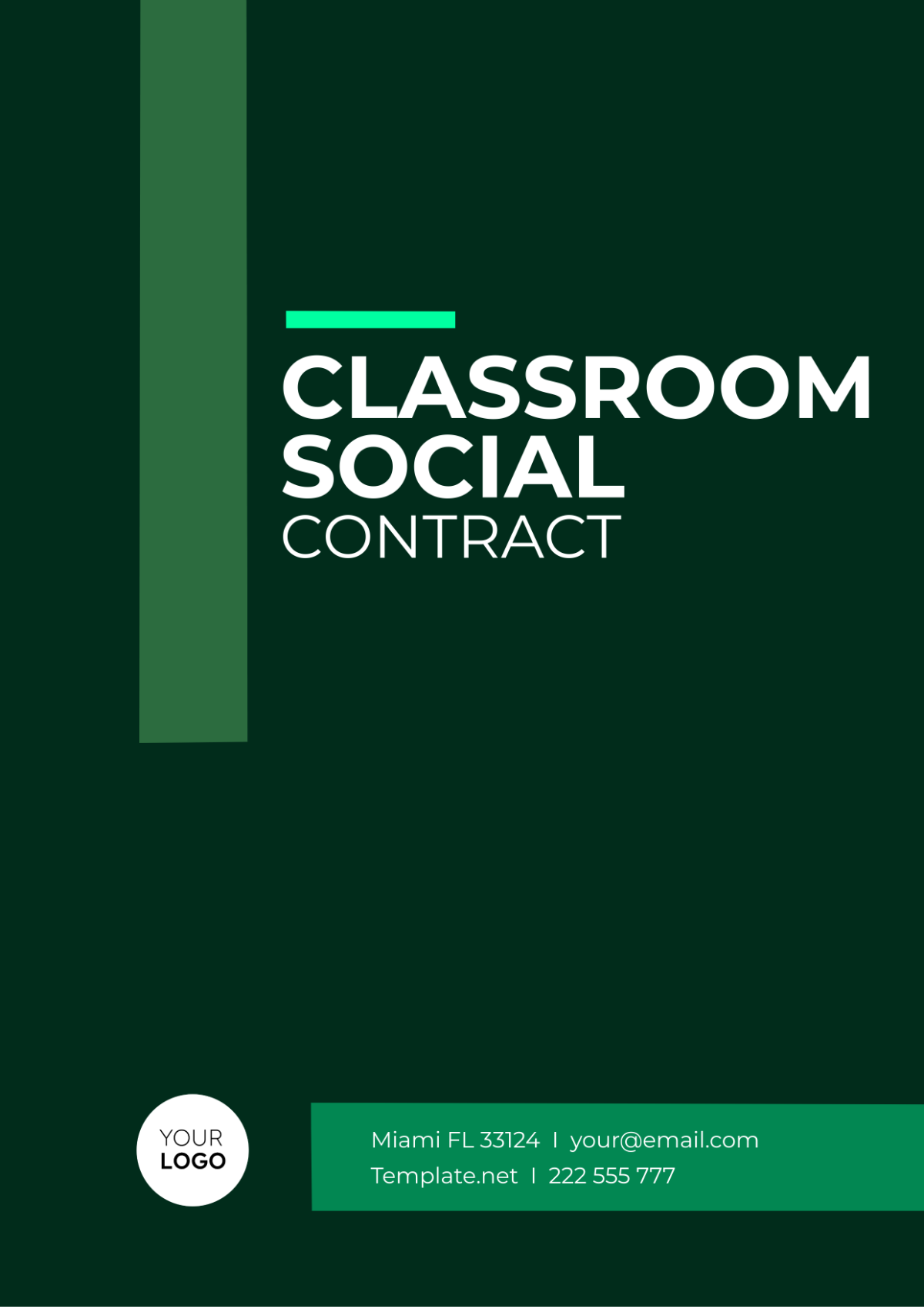After-School Classroom Behavior Contract
This After-School Classroom Behavior Contract is designed to ensure a positive and conducive learning environment for all students participating in after-school programs at [Your Company Name] which is located at [Your Company Address]. By adhering to this contract, students commit to upholding the values of respect, responsibility, and academic excellence.
Section I: Student Information
Student Name: [Student Name]
Grade: [Grade]
Teacher: [Teacher Name]
Parent/Guardian Name: [Parent/Guardian Name]
Date: [Date]
Section II: Expectations and Responsibilities
A. General Behavior
Respect: Students are expected to treat peers, teachers, and staff with respect at all times. This includes using polite language, listening when others are speaking, and valuing others' opinions and property.
Responsibility: Students are required to accept and embrace responsibility for their individual actions, ensuring they acknowledge the consequences and learn from any mistakes they might make. In addition, they must diligently complete all assigned tasks, projects, and homework within the given deadlines, thereby demonstrating their commitment to academic excellence and time management. Furthermore, students should handle school materials and equipment with the utmost care and respect, maintaining the integrity and functionality of these resources for their use and the use of their peers, thereby contributing to a productive and well-maintained educational environment.
Participation: It is strongly recommended that individuals actively engage in all scheduled activities as well as participate in discussions. This active involvement is intended to significantly enrich their learning experience and contribute to their overall personal and professional development.
B. Classroom Conduct
Arrival and Departure: It is important for students to ensure that they arrive promptly for the scheduled after-school programs. Moreover, they should patiently wait for their parent or guardian to pick them up at the time that has been prearranged. This approach helps maintain a consistent and organized environment, allowing for smoother transitions and ensuring that all participants are accounted for in a timely manner.
Preparedness: It is required that every student brings all the necessary materials to each and every session. These materials include, but are not limited to, textbooks, notebooks, and writing instruments such as pens or pencils.
Attention: It is imperative that students maintain a high level of attentiveness and concentration throughout the duration of lessons and activities. In order to achieve this, they should diligently avoid engaging in behaviors that could potentially distract them, such as the unnecessary use of electronic devices like smartphones, tablets, or laptops for non-educational purposes. The presence of such distractions can significantly impede their ability to fully absorb the material being presented, participate actively in discussions, and ultimately hinder their overall learning experience. Therefore, students are encouraged to cultivate an environment conducive to learning by focusing exclusively on the educational tasks at hand and minimizing any external interruptions that could detract from their studies.
Cleanliness: Students are responsible for keeping their workspace and the classroom clean and tidy. This includes properly disposing of trash and returning materials to their proper place.
C. Interaction with Others
Cooperation: Students are expected to engage in collaborative work alongside their peers, demonstrating a readiness to share their own ideas and provide assistance to others when needed.
Conflict Resolution: Students are encouraged to handle conflicts in a composed and respectful manner. When they encounter disputes or disagreements, they should strive to remain calm and communicate their perspectives thoughtfully. If they find that the situation cannot be resolved independently, they should not hesitate to seek the guidance or intervention of teachers or school staff to help mediate and resolve the issue effectively.
Bullying and Harassment: Bullying or harassment in any shape or manner is unequivocally forbidden. It is imperative for students to immediately bring any such incidents to the attention of a teacher or staff member without delay.
Section III: Consequences for Misbehavior
A. Minor Infractions
Minor infractions include behaviors such as talking out of turn, minor disruptions, or failure to bring necessary materials. Consequences may include:
Verbal Warning: The teacher will give a verbal warning to the student, explaining the inappropriate behavior.
Time-Out: The student may be asked to take a brief time-out from the activity to reflect on their behavior.
Loss of Privileges: The student may lose certain privileges, such as participation in a preferred activity or free time.
B. Major Infractions
Major infractions include behaviors such as disrespect towards others, repeated disruptions, or any form of bullying. Consequences may include:
Parent/Guardian Notification: The teacher will contact the student's parent or guardian to discuss the behavior and appropriate next steps.
Behavior Report: A formal behavior report will be filed, detailing the incident and actions taken.
Suspension from Program: In circumstances where the situation is particularly serious, there exists the possibility that the student may be temporarily prohibited from participating in the after-school program.
C. Severe Infractions
Severe infractions include physical violence, theft, or any behavior that threatens the safety of others. Consequences may include:
Immediate Removal: The student will be promptly removed from the academic program without any delay and will be accompanied by an appropriate authority figure or staff member to the school office.
Meeting with Administration: A meeting will be arranged where the student, the parent or guardian, and members of the school administration will come together to discuss and decide upon the appropriate steps to take moving forward.
Permanent Expulsion: In the most severe and uncommon situations, the student could face the possibility of being permanently removed and barred from participating in the after-school program without any opportunity for reinstatement.
Section IV: Student Agreement
I, [Student Name], agree to follow the rules and expectations outlined in this After-School Classroom Behavior Contract. I understand that my behavior impacts not only my own learning but also the learning environment of my peers. I commit to upholding the values of respect, responsibility, and cooperation at all times.

[Date]
Section V: Parent/Guardian Agreement
I, [Parent/Guardian Name], have read and discussed this After-School Classroom Behavior Contract with my child. I understand the expectations and consequences outlined in this contract and agree to support my child's adherence to these guidelines. I also agree to communicate with teachers and staff to address any concerns related to my child's behavior.

[Date]
Section VI: Teacher/Staff Agreement
I, [Teacher/Staff Name], commit to providing a positive and supportive environment for all students in the after-school program. I agree to enforce the rules and expectations outlined in this contract fairly and consistently. I will communicate with students and parents/guardians to ensure a collaborative approach to maintaining appropriate behavior.

[Date]
Section VII: Additional Support and Resources
A. Behavioral Support
Counseling: Students may have access to counseling services to address behavioral issues and develop appropriate social skills.
Behavioral Plans: Individualized behavioral plans may be created for students who require additional support in meeting the expectations of the contract.
B. Academic Support
Tutoring: After-school tutoring services are available to help students with their academic work and improve their performance.
Study Groups: It is highly recommended that students actively engage in study groups, as doing so can substantially enhance their learning experience. Participating in these group activities can also effectively foster a sense of collaboration among peers, thereby creating a more enriched and supportive educational environment.
C. Parental Involvement
Workshops: Parents/guardians may be invited to workshops and seminars on supporting their child's behavior and academic success.
Regular Communication: Regular communication between teachers and parents/guardians is encouraged to monitor student progress and address any concerns promptly.
Section VIII: Review and Amendments
This After-School Classroom Behavior Contract will be reviewed at the beginning of each academic year and may be amended as necessary to reflect changes in school policies or student needs. Any amendments will be communicated to students and parents/guardians promptly.
Section IX: Signatures
By signing below, all parties acknowledge that they have read, understood, and agree to abide by the terms of this After-School Classroom Behavior Contract.
Student:

[Student Name]
Parent/Guardian:

[Parent/Guardian Name]
Teacher/Staff Name:

[Teacher/Staff Name]
School Administrator:

[School Administrator Name]
[Your Company Name]

